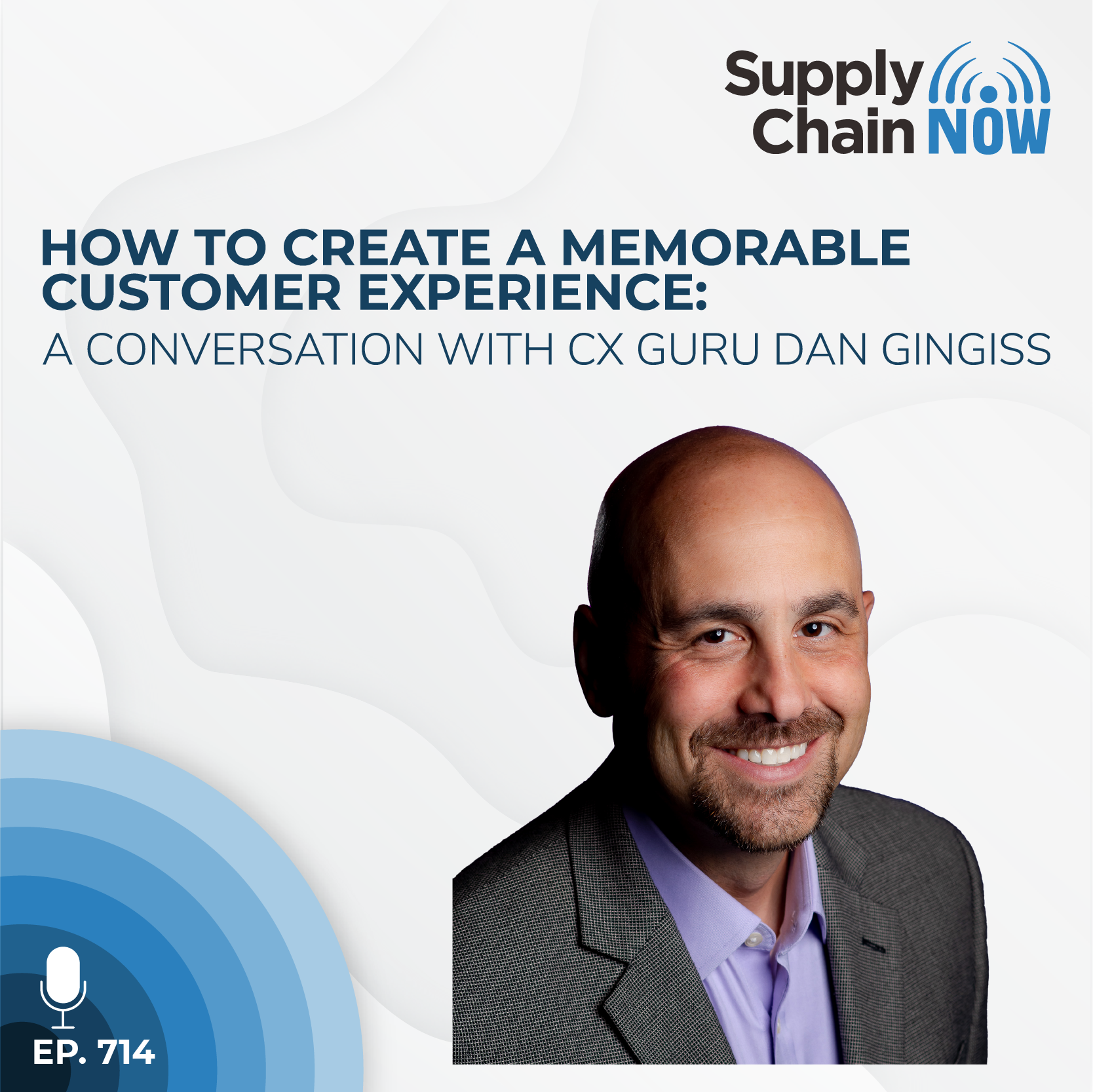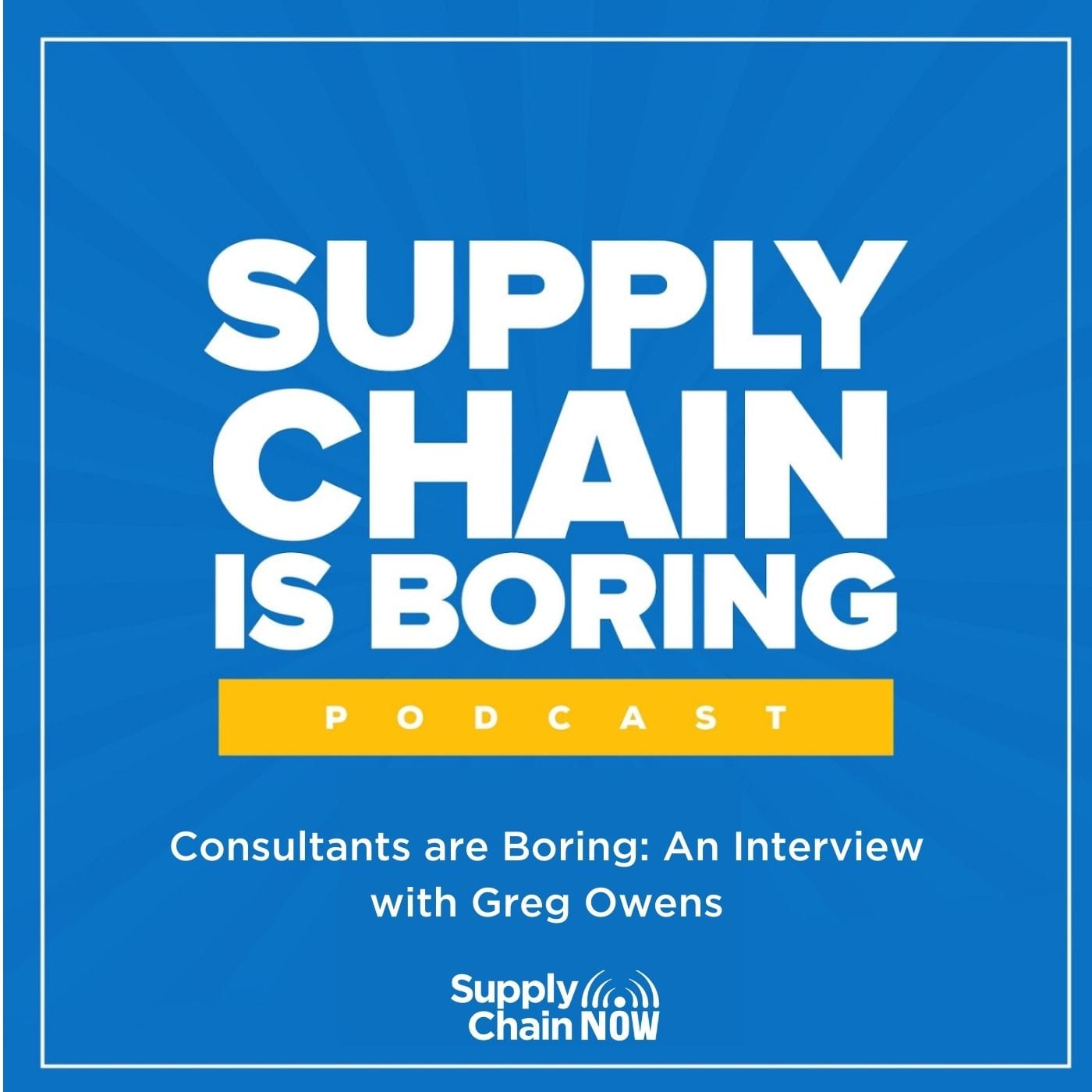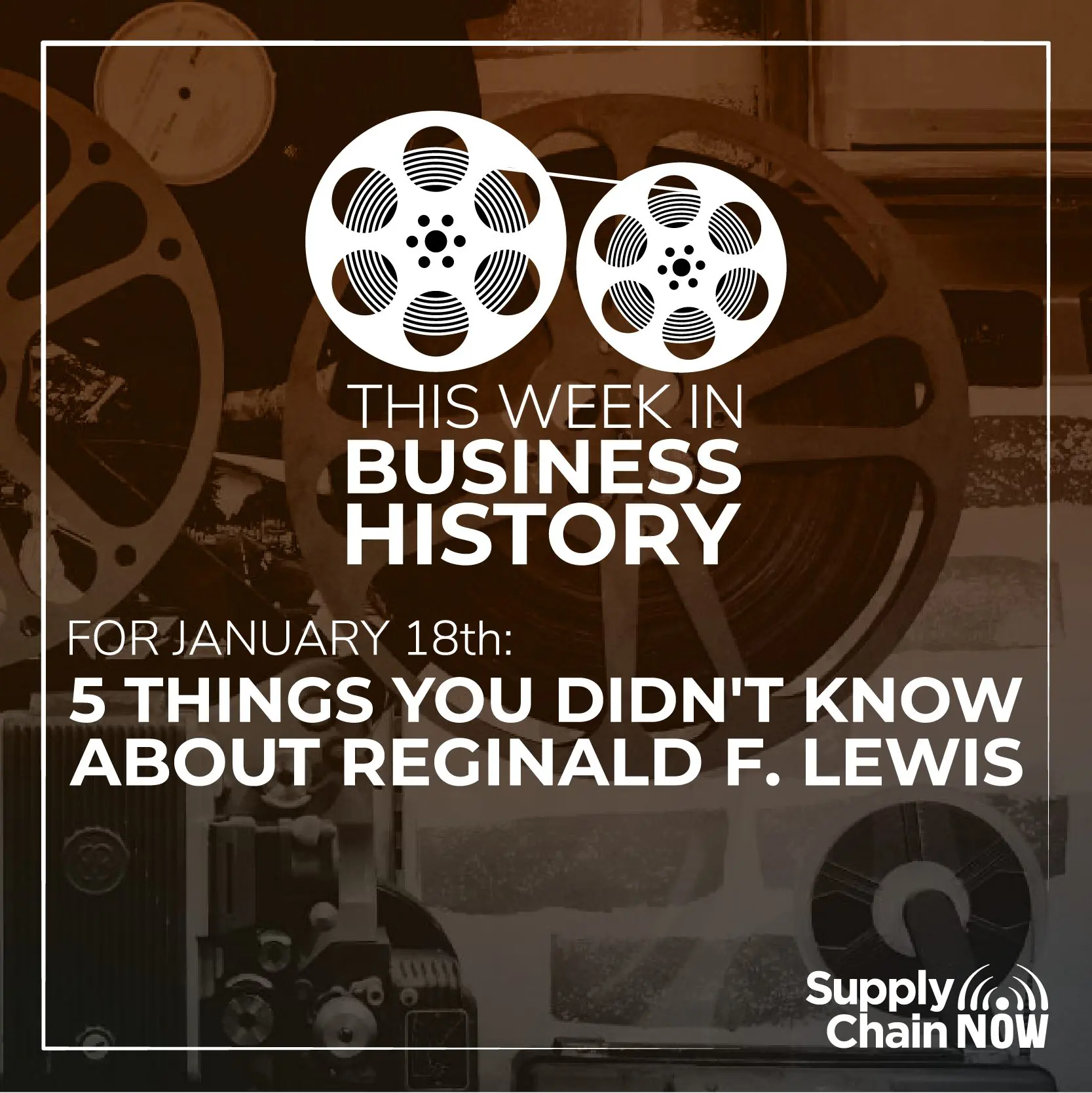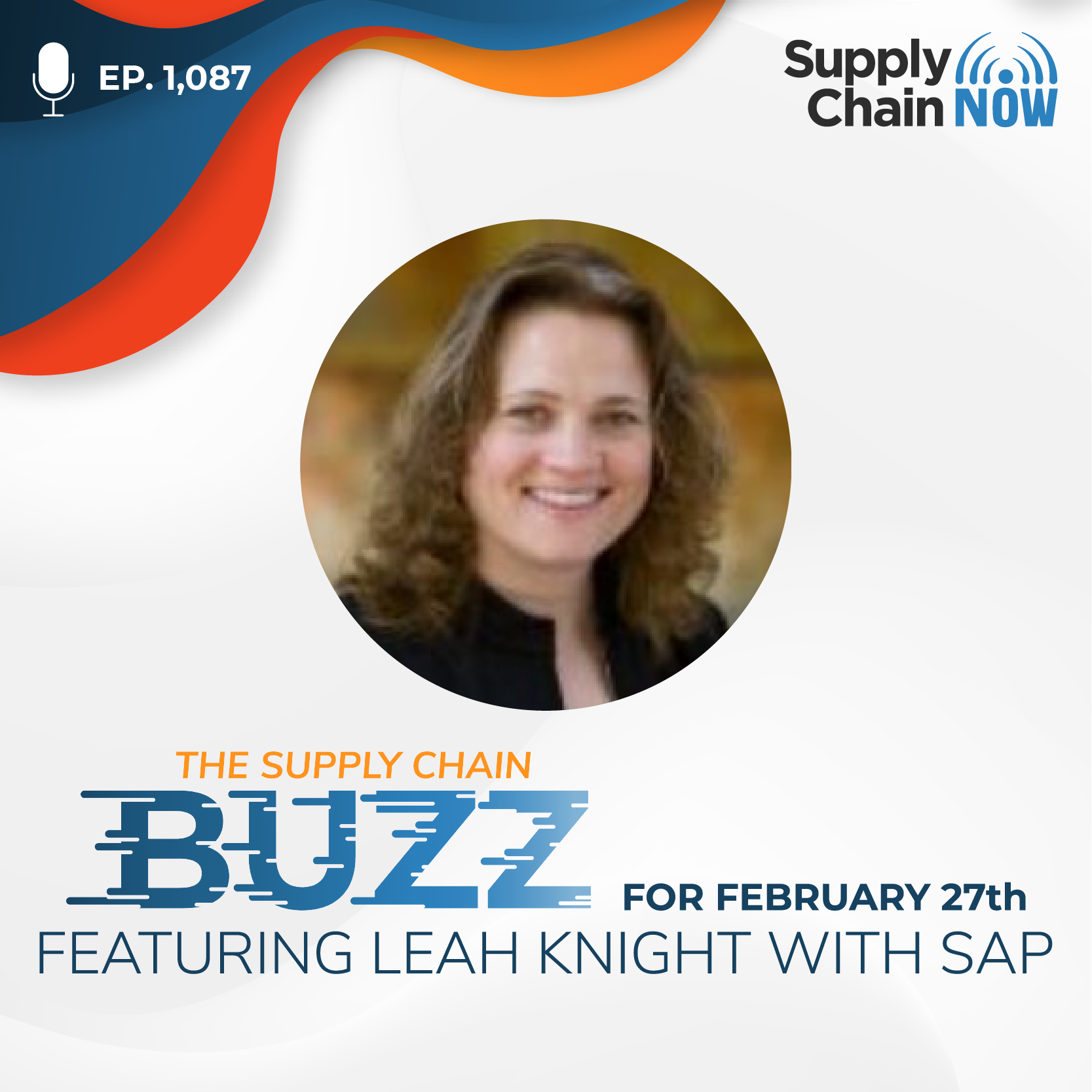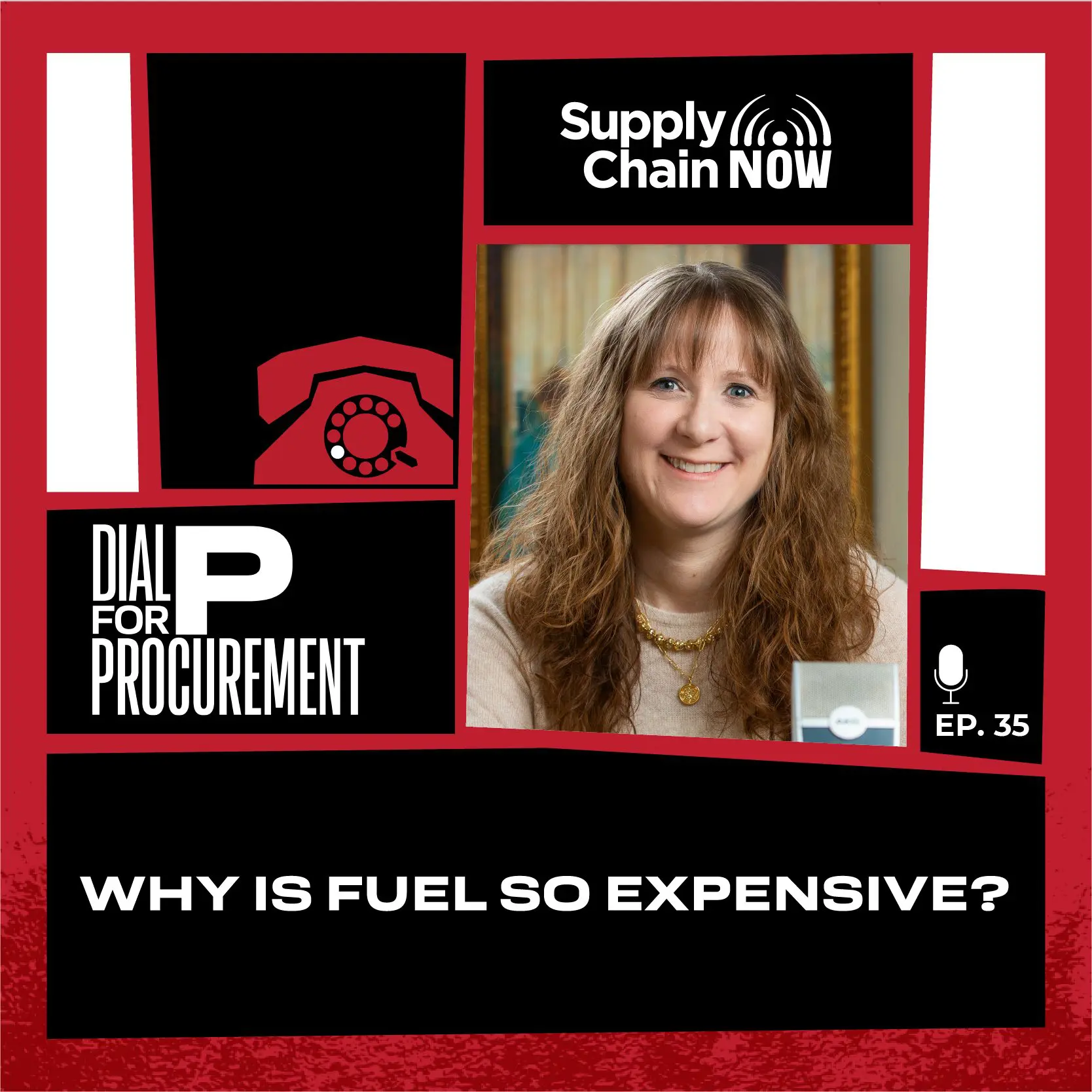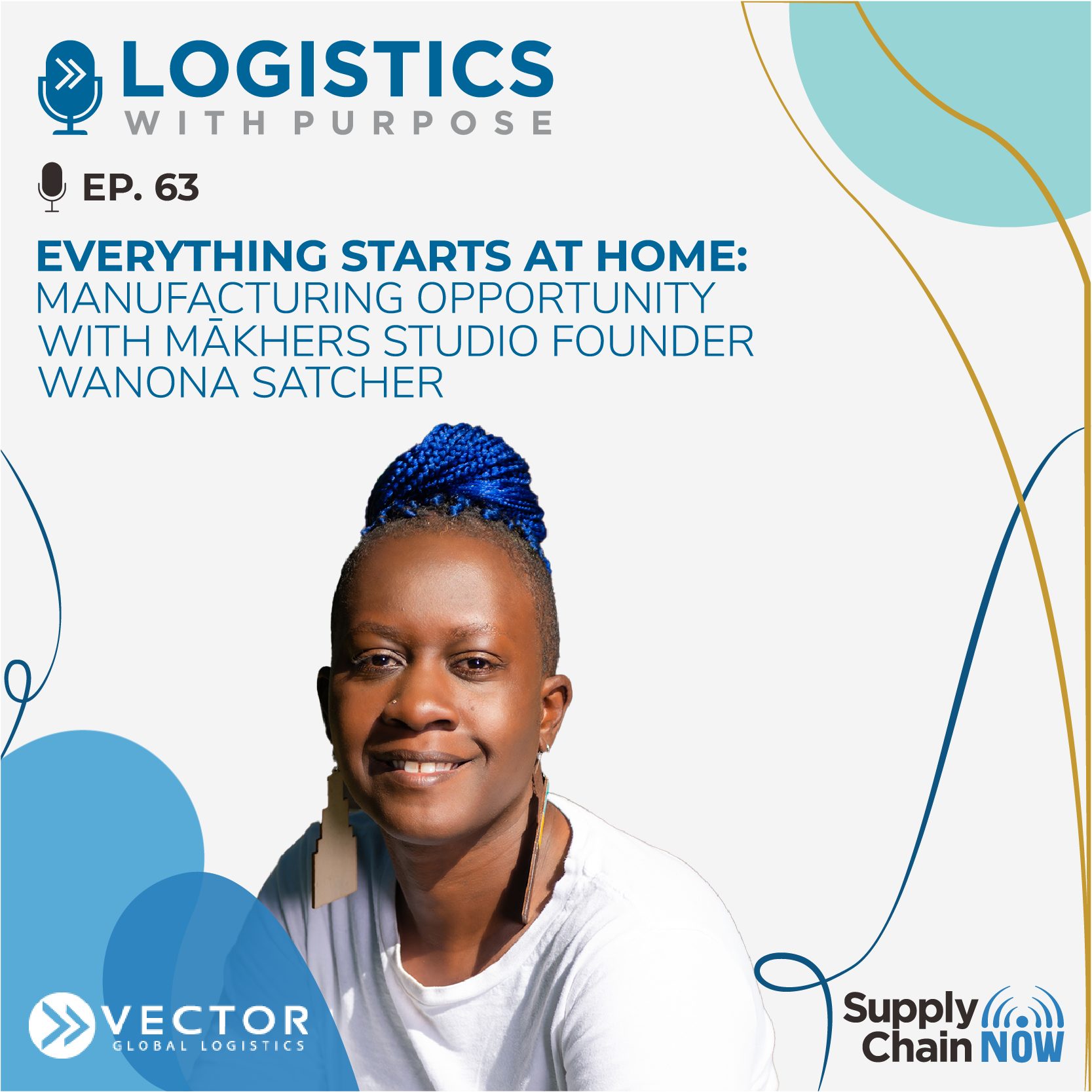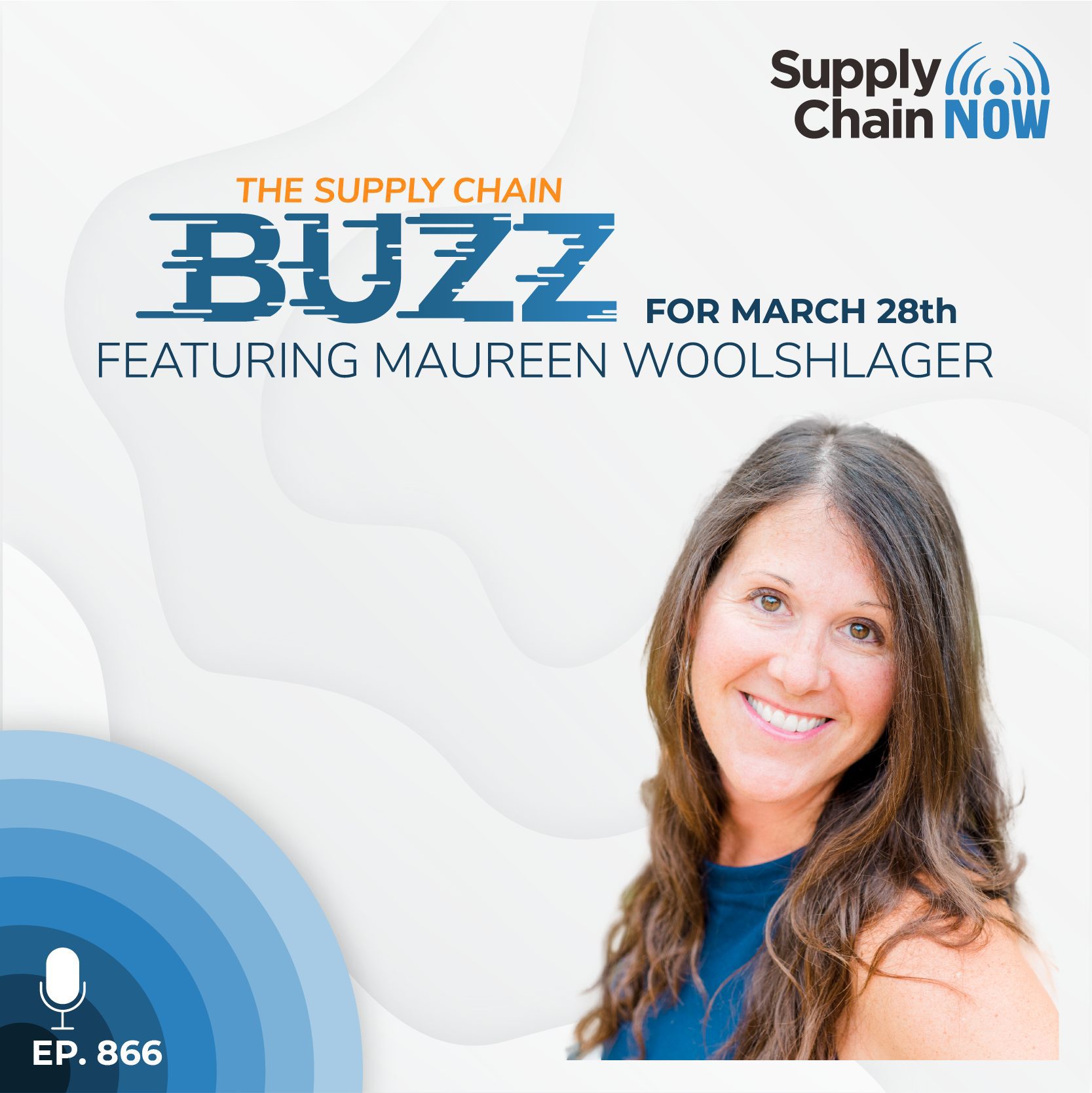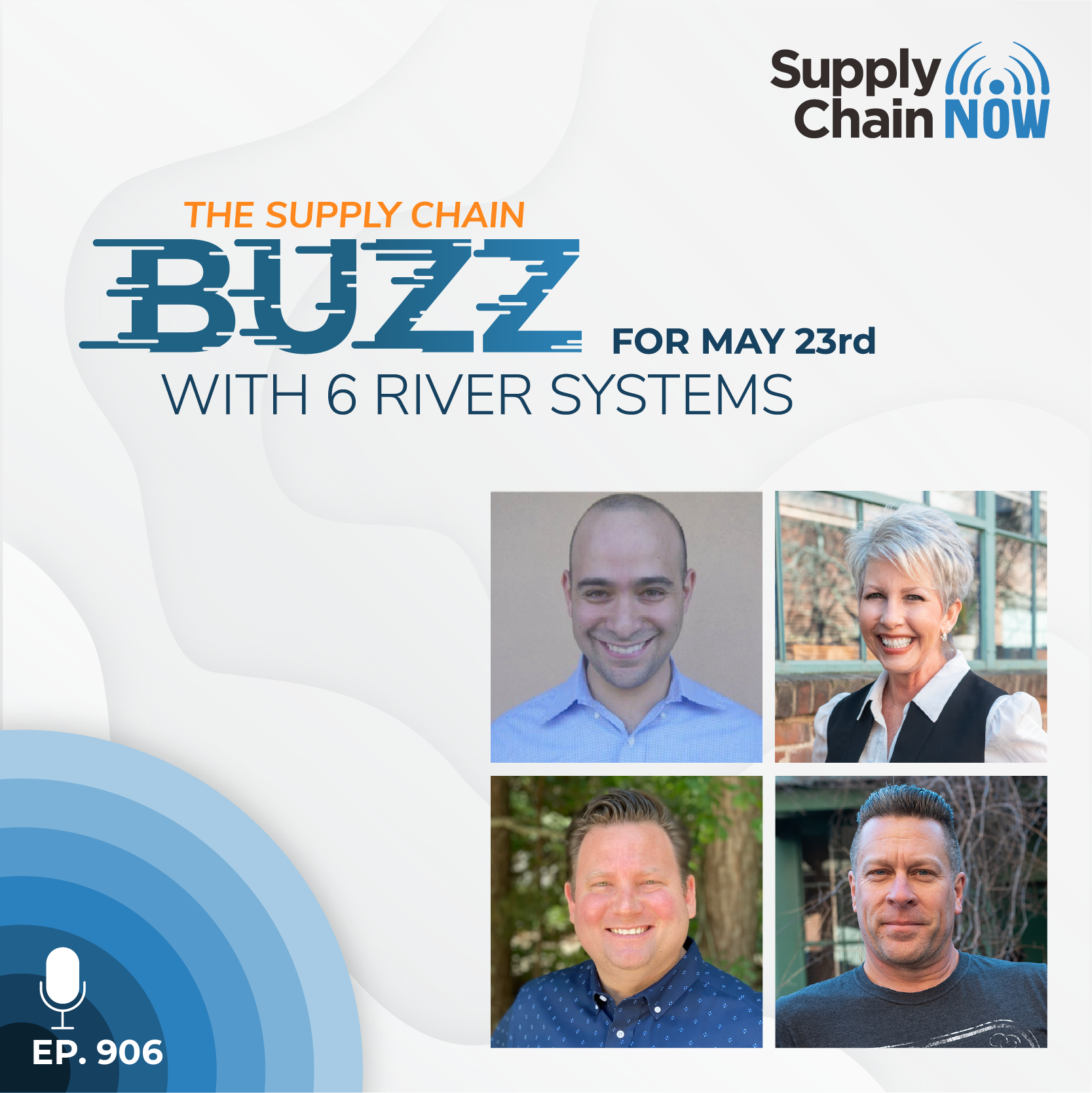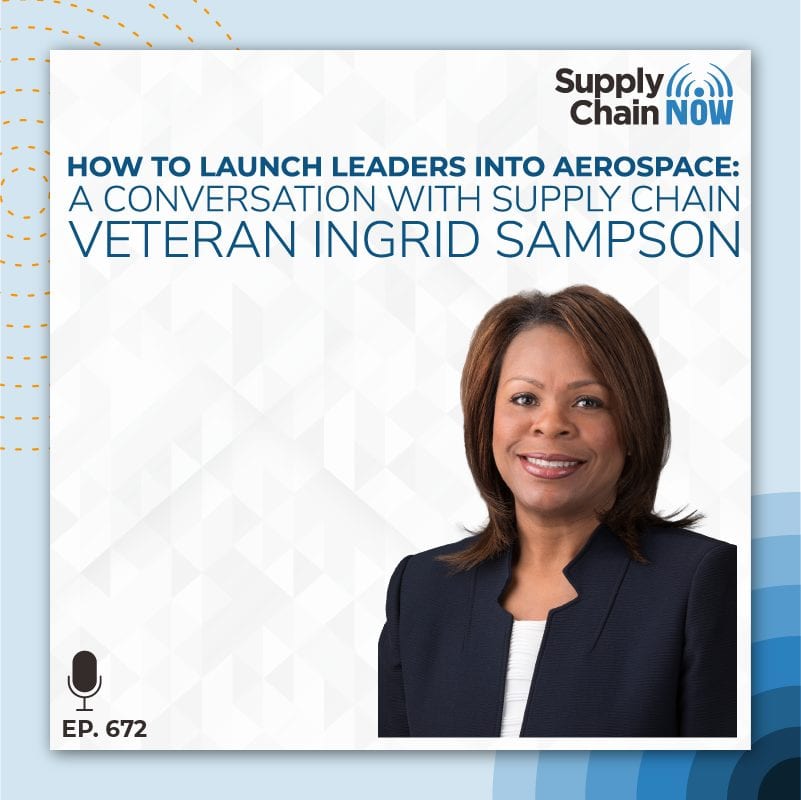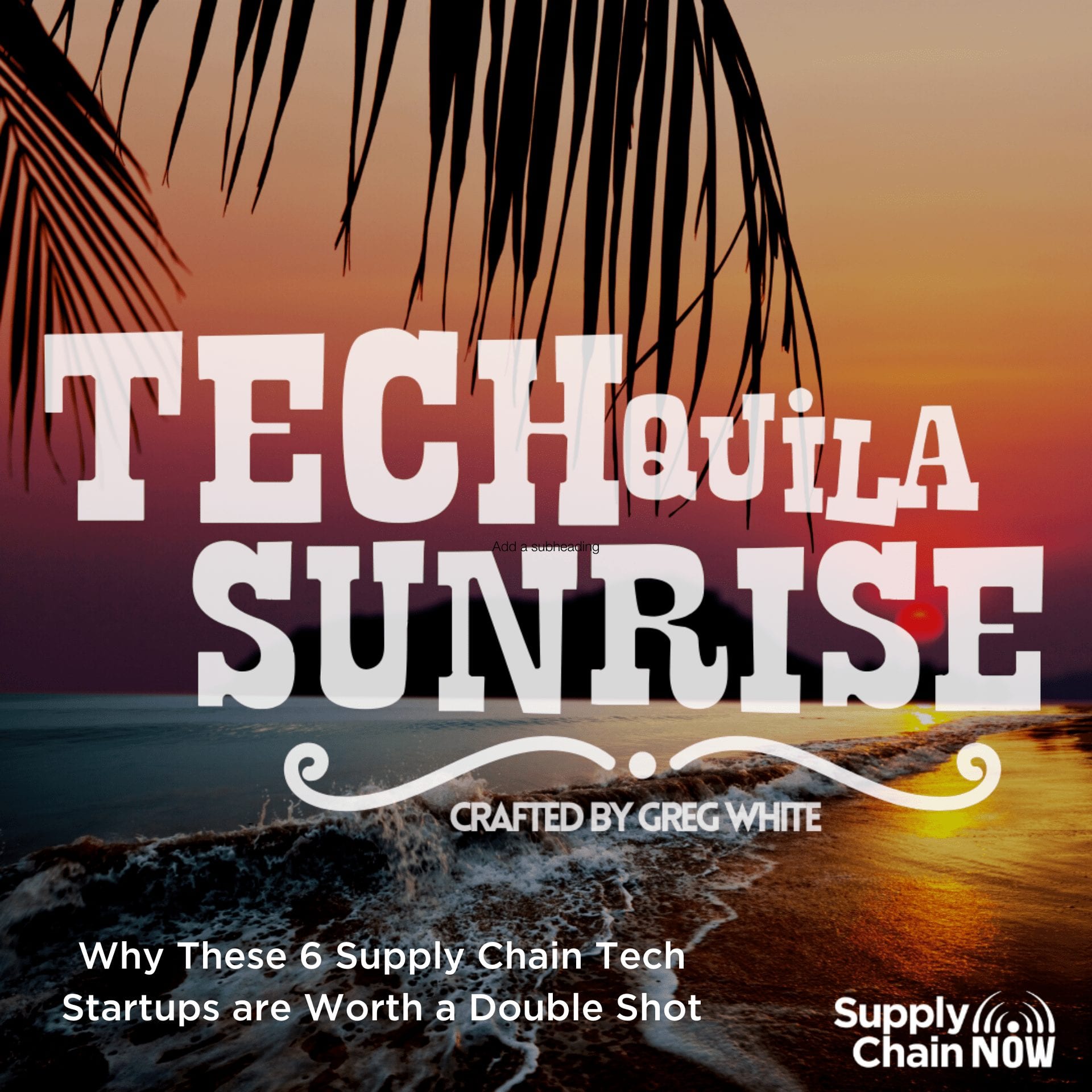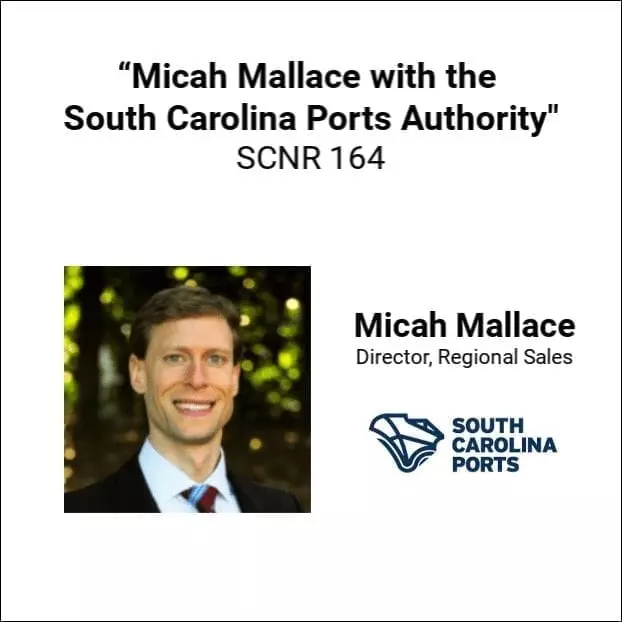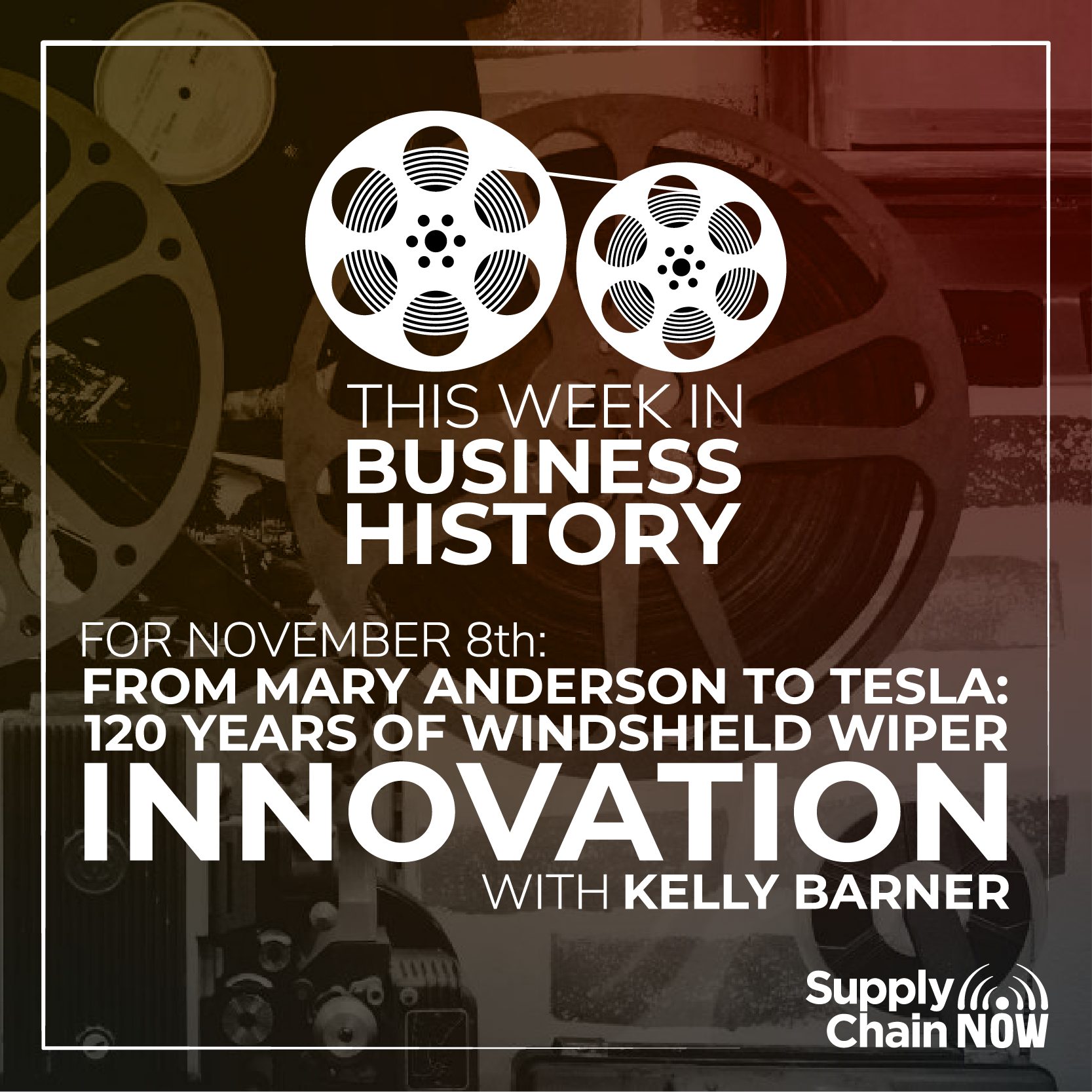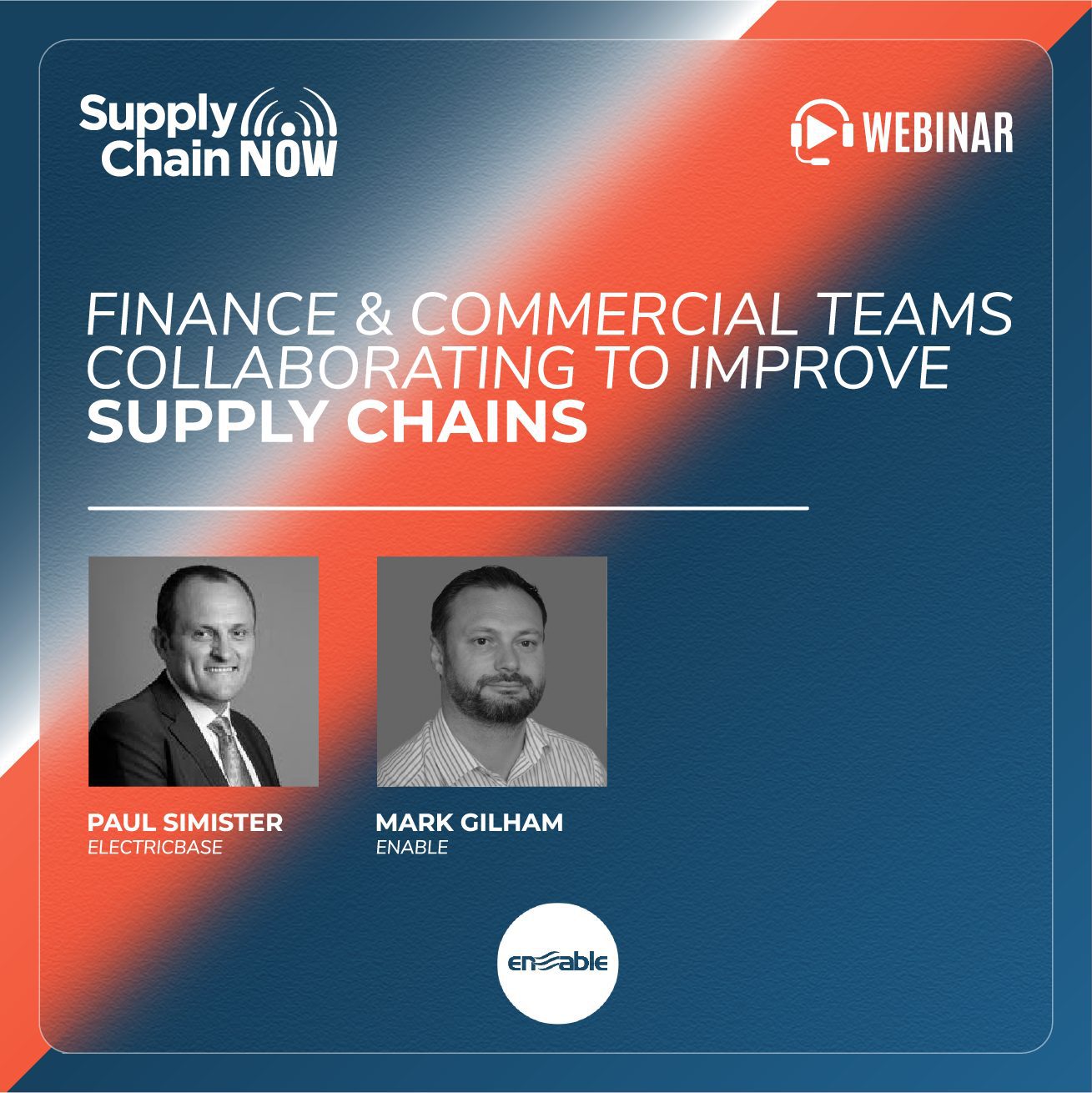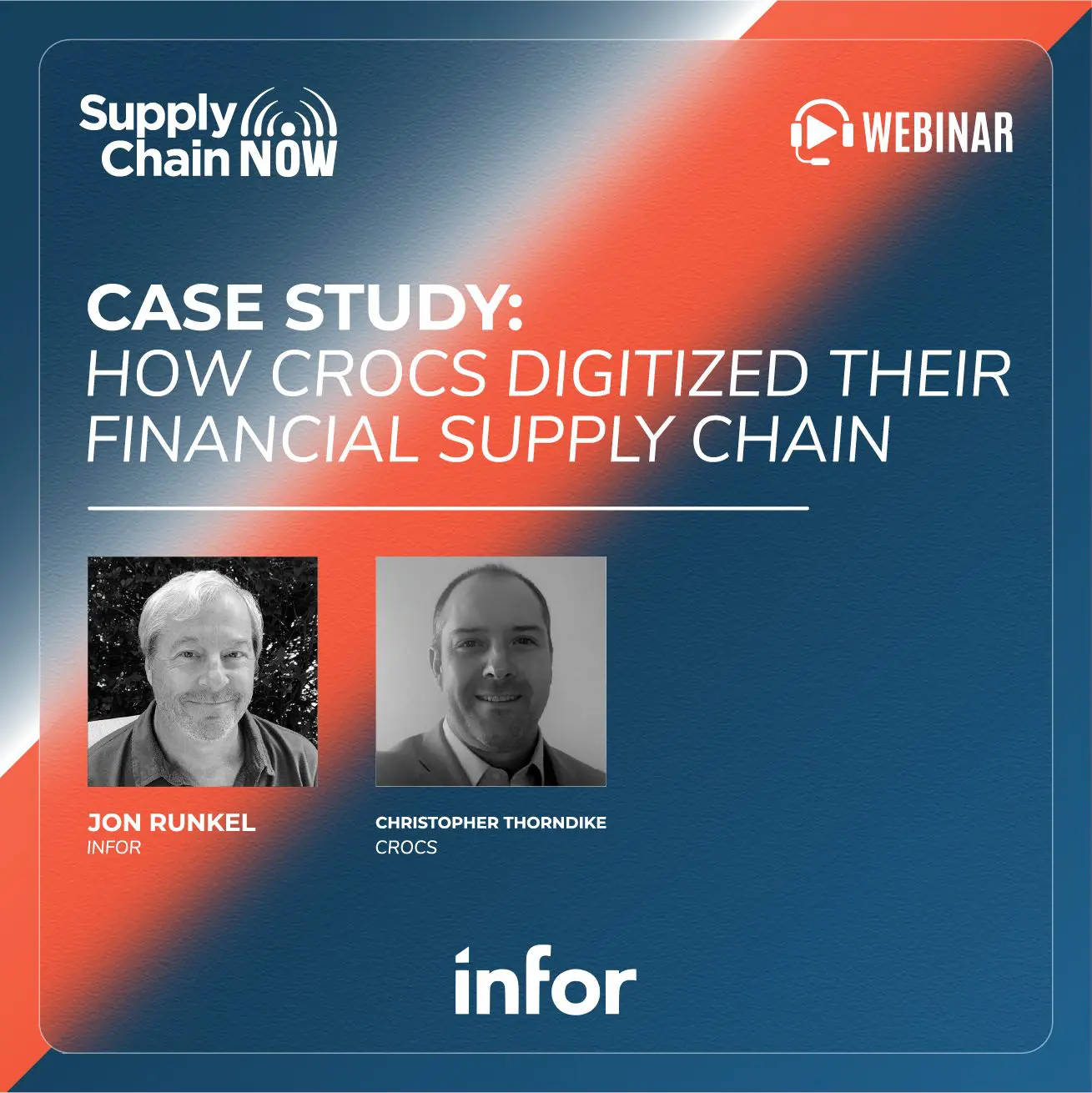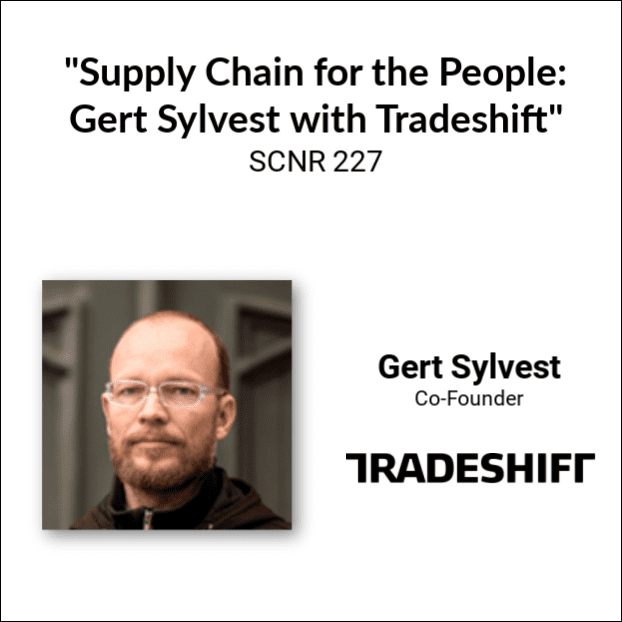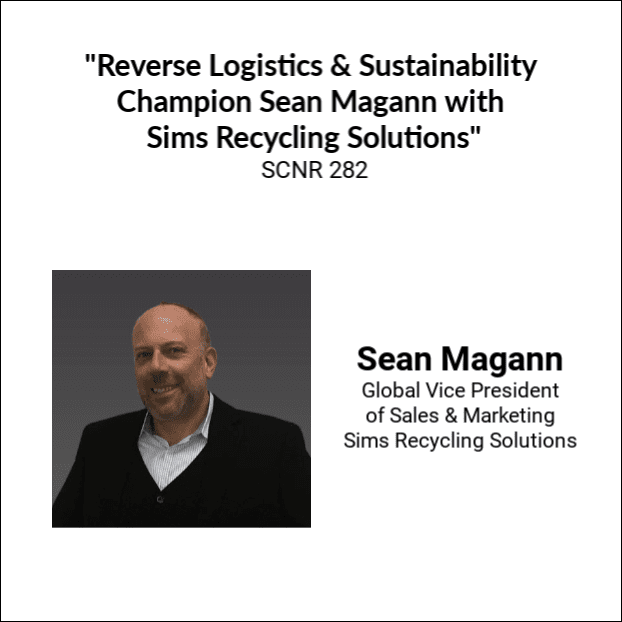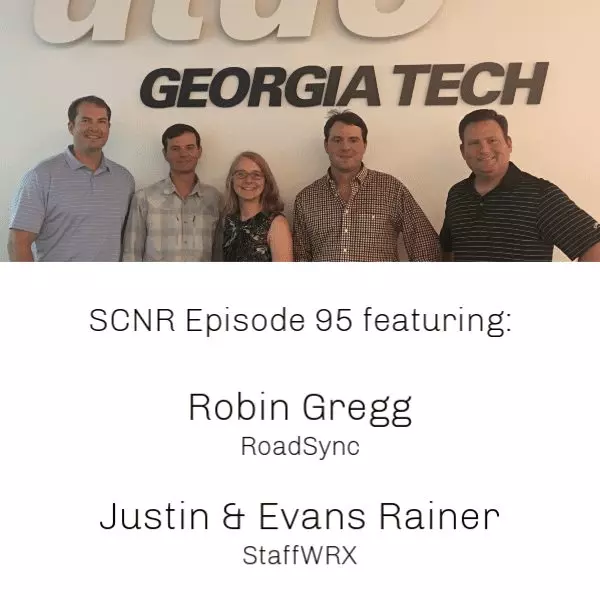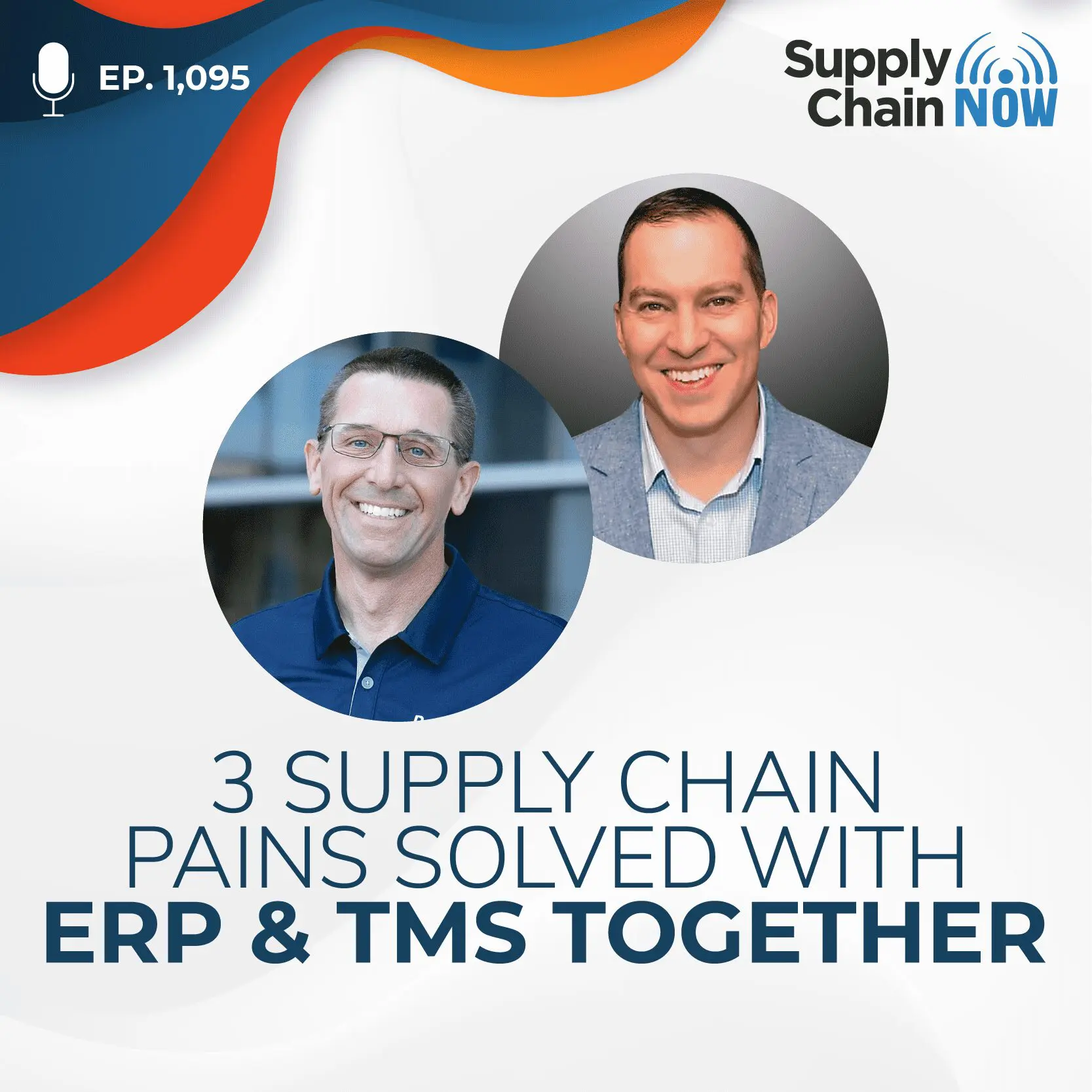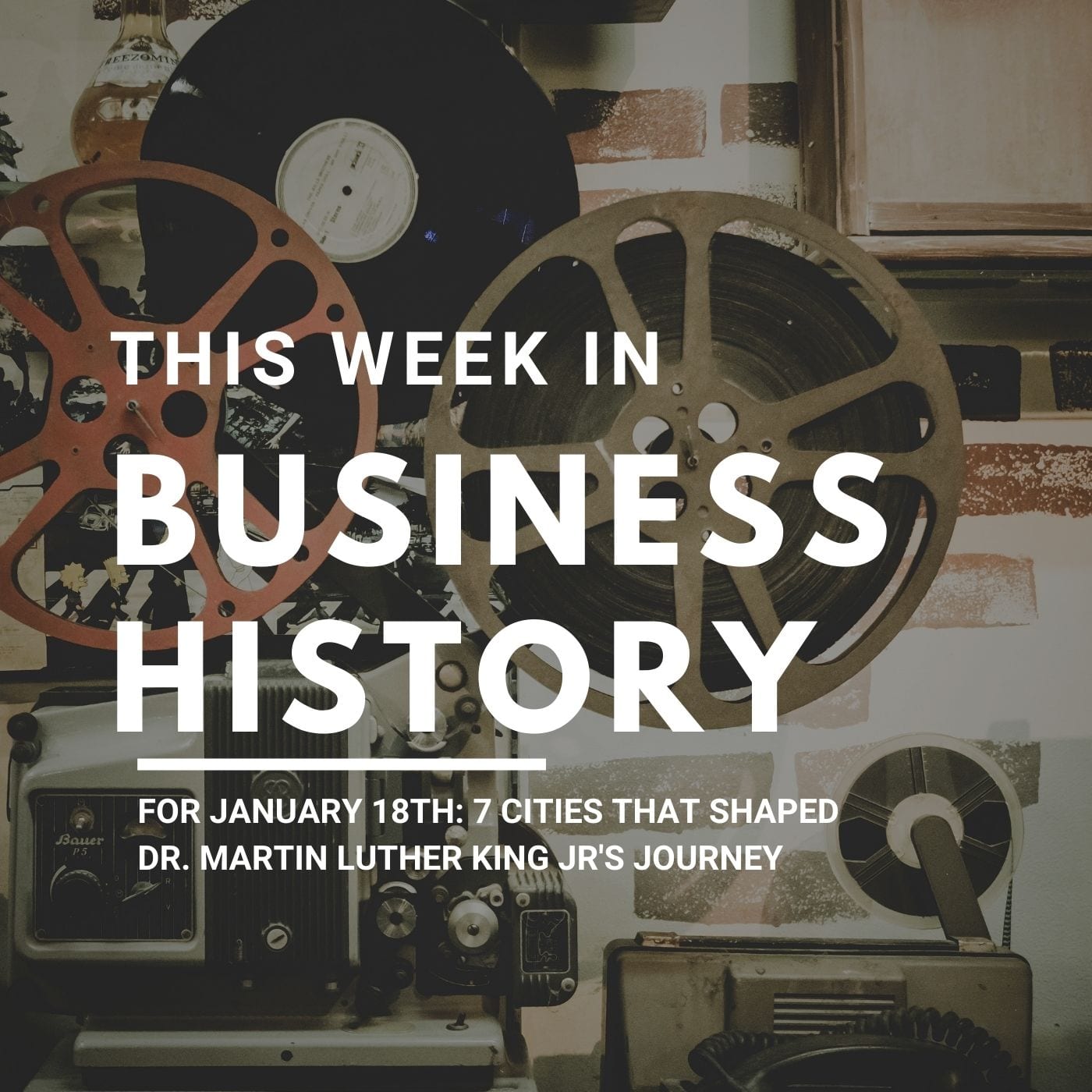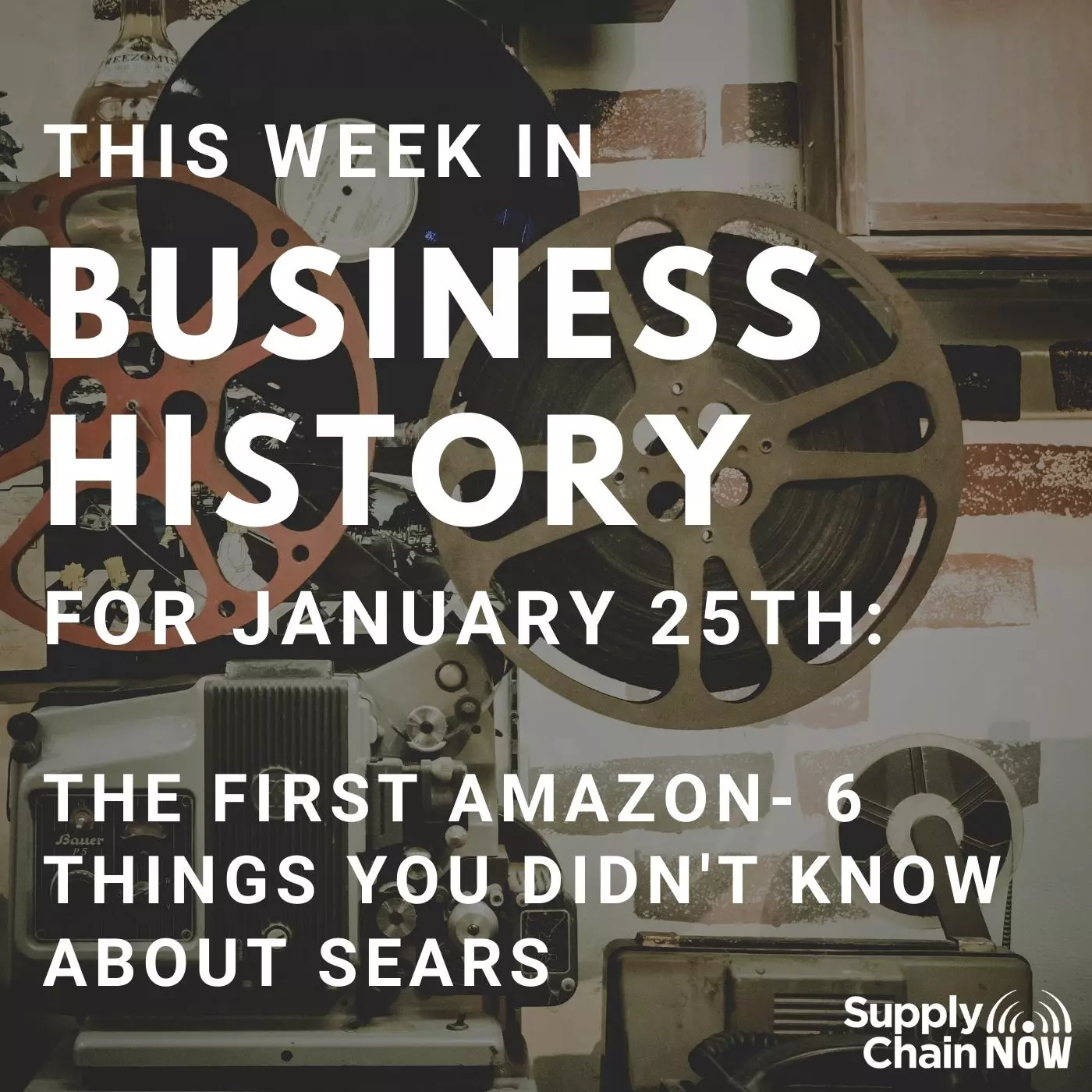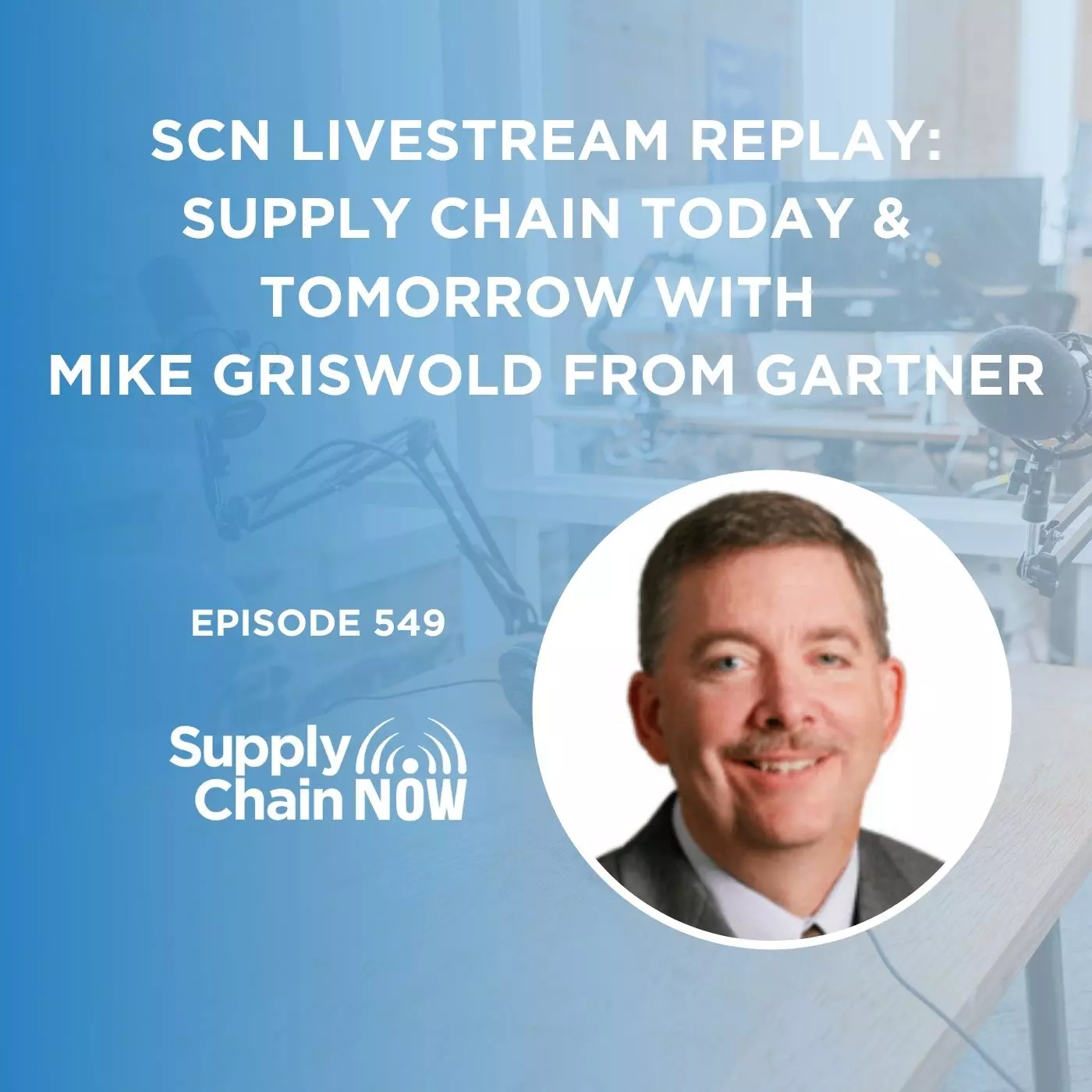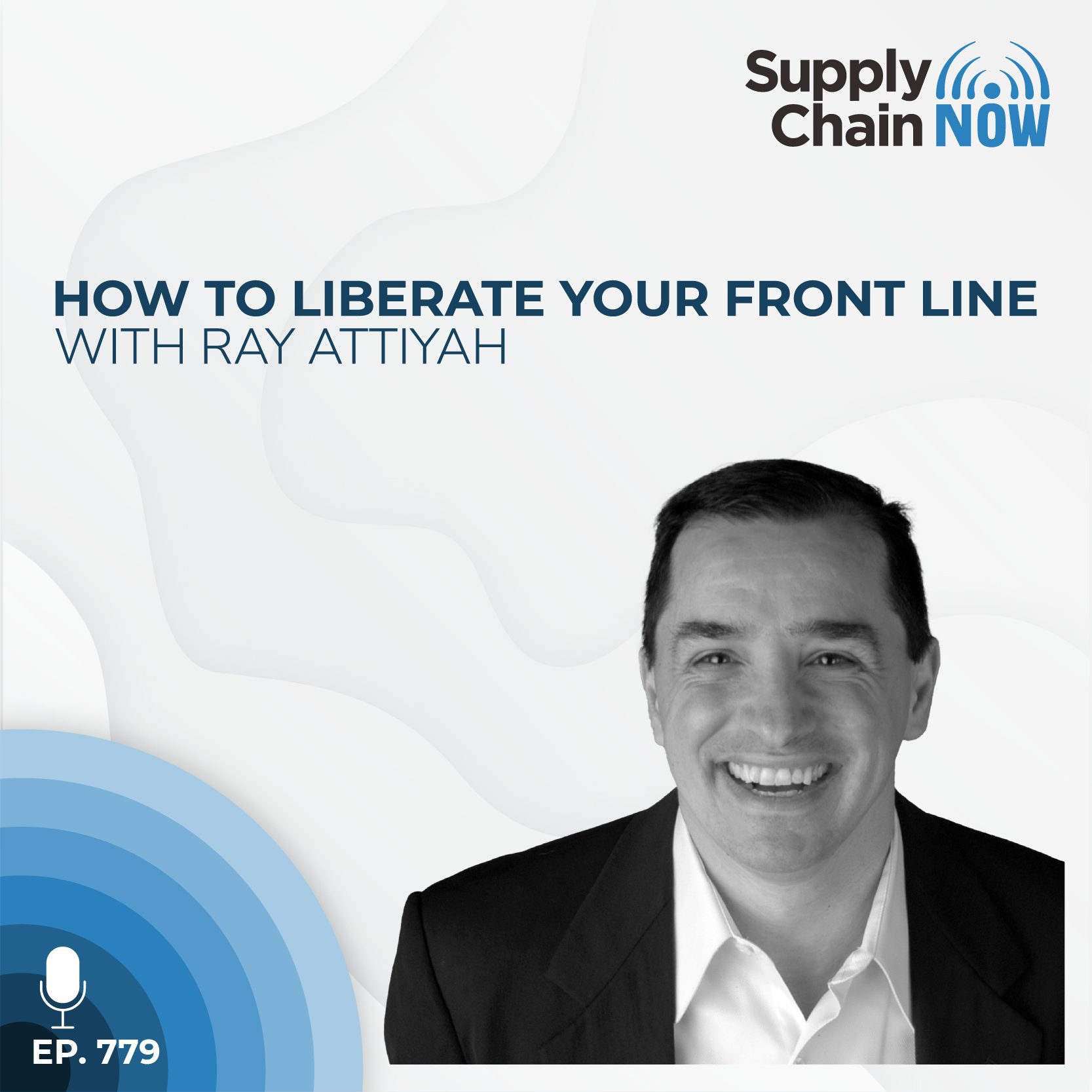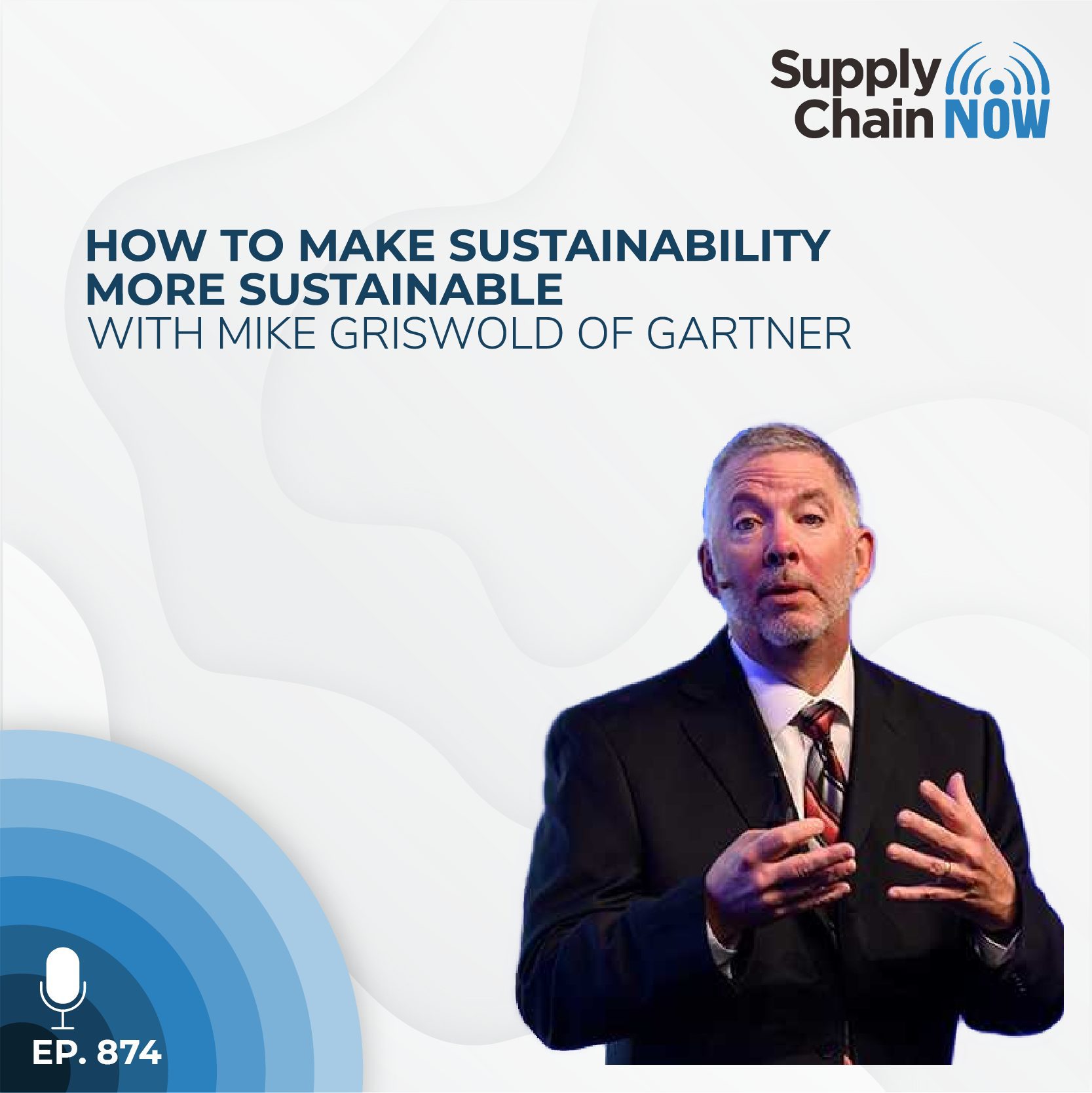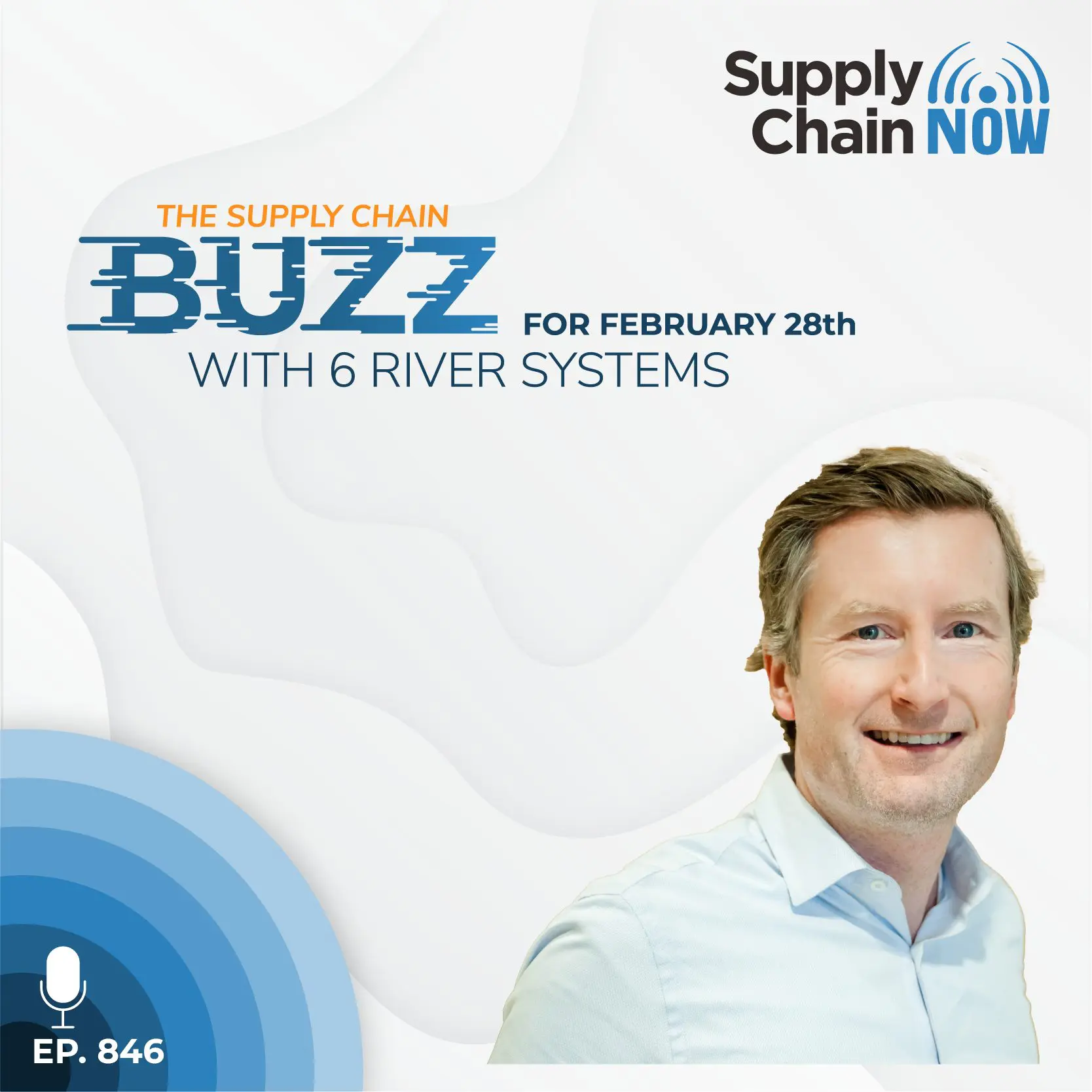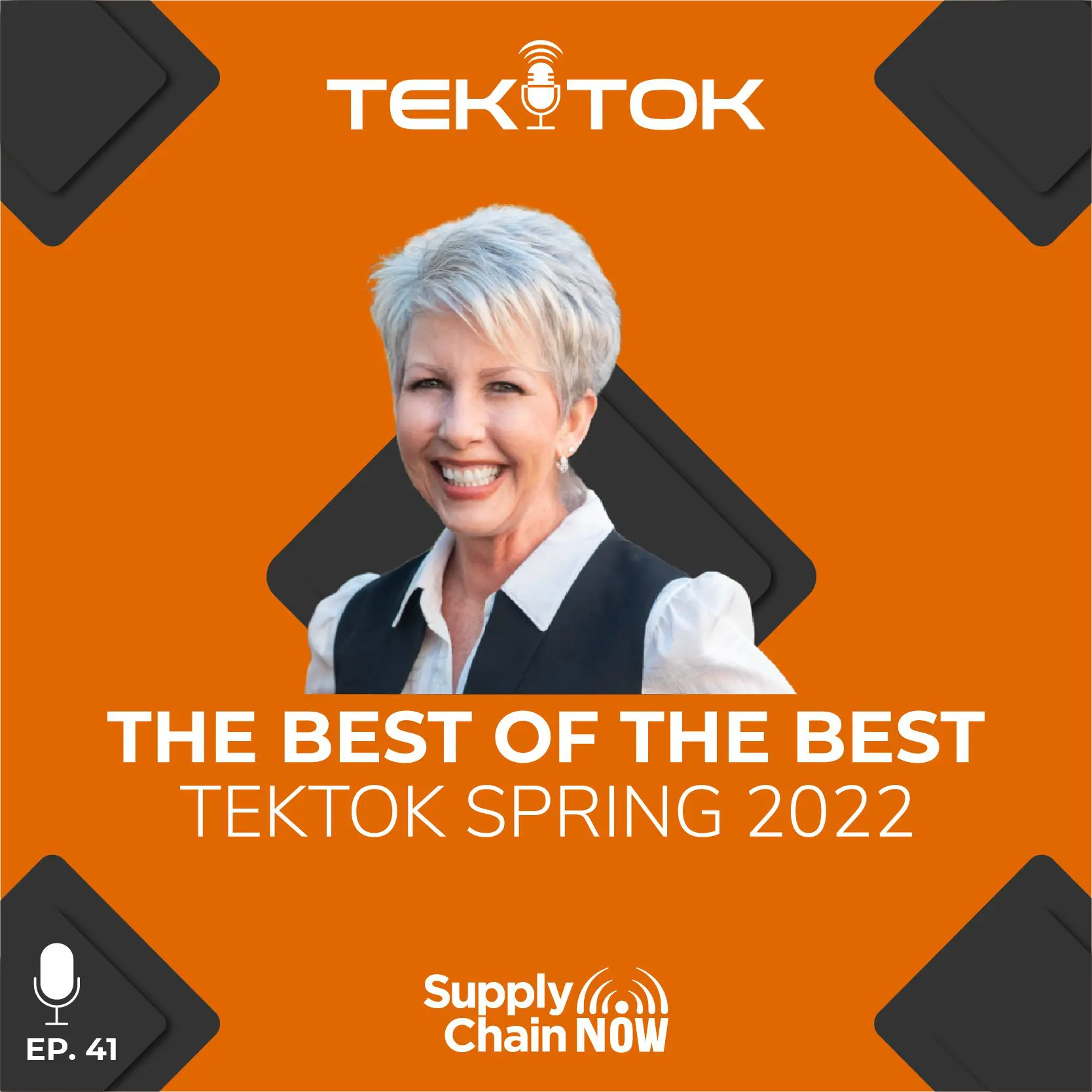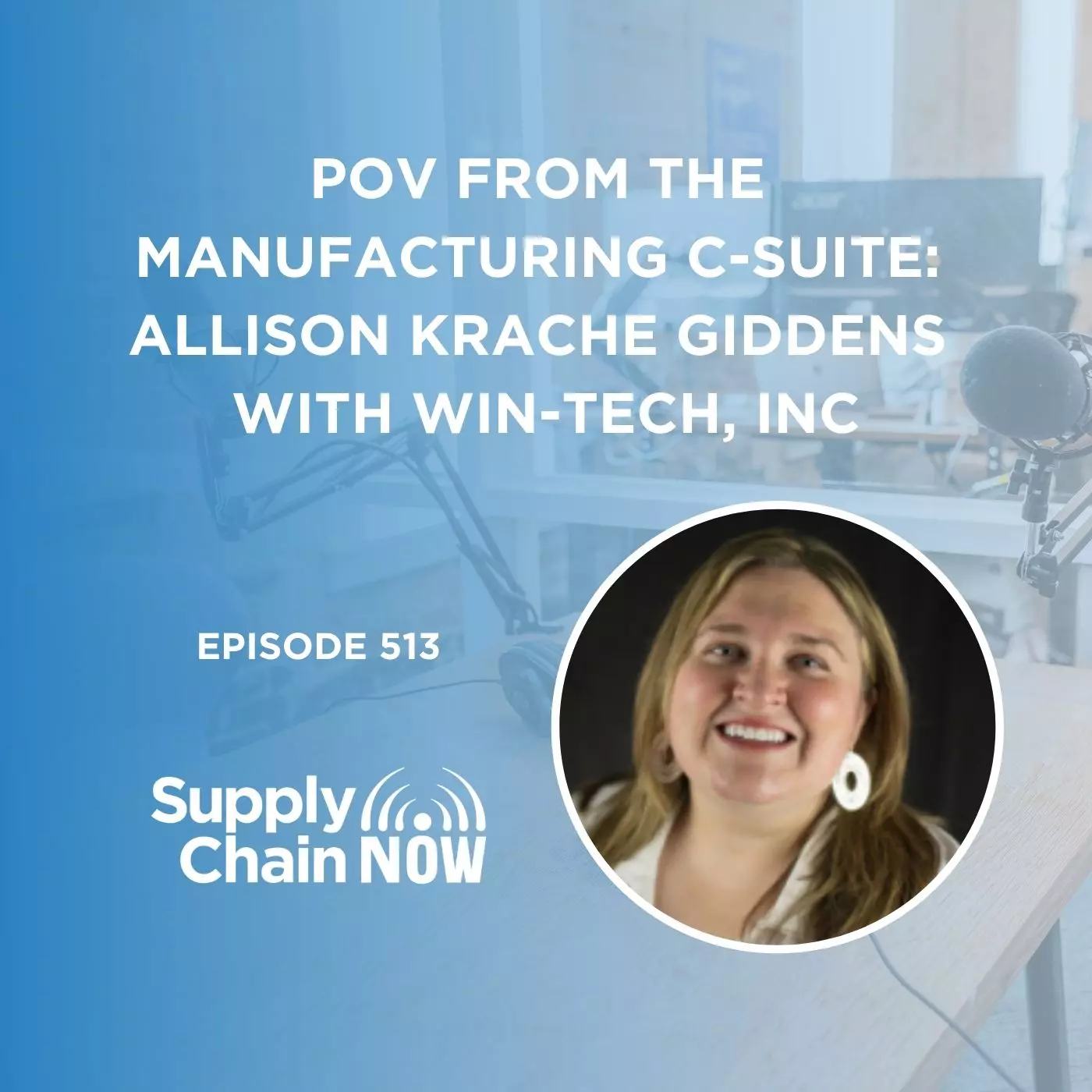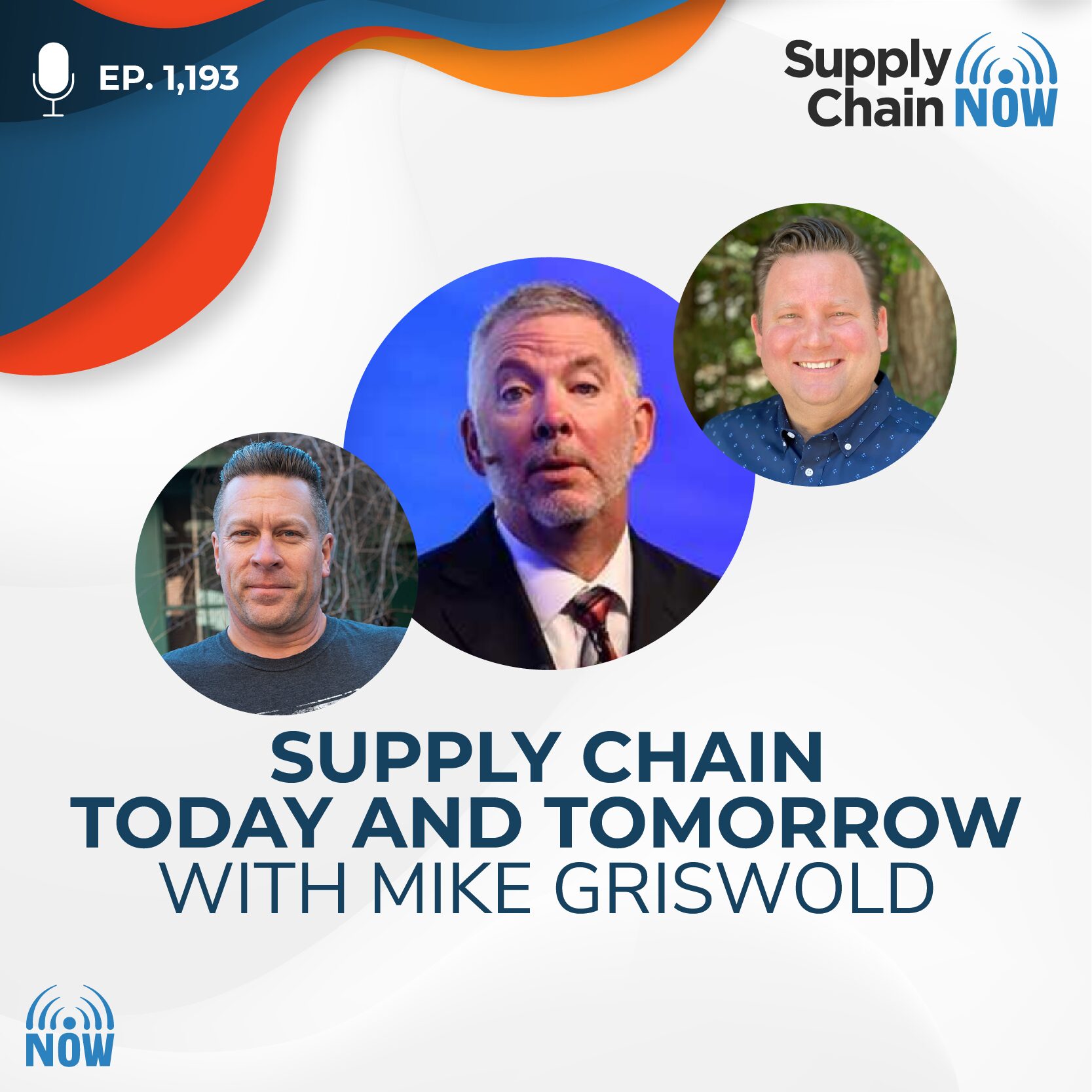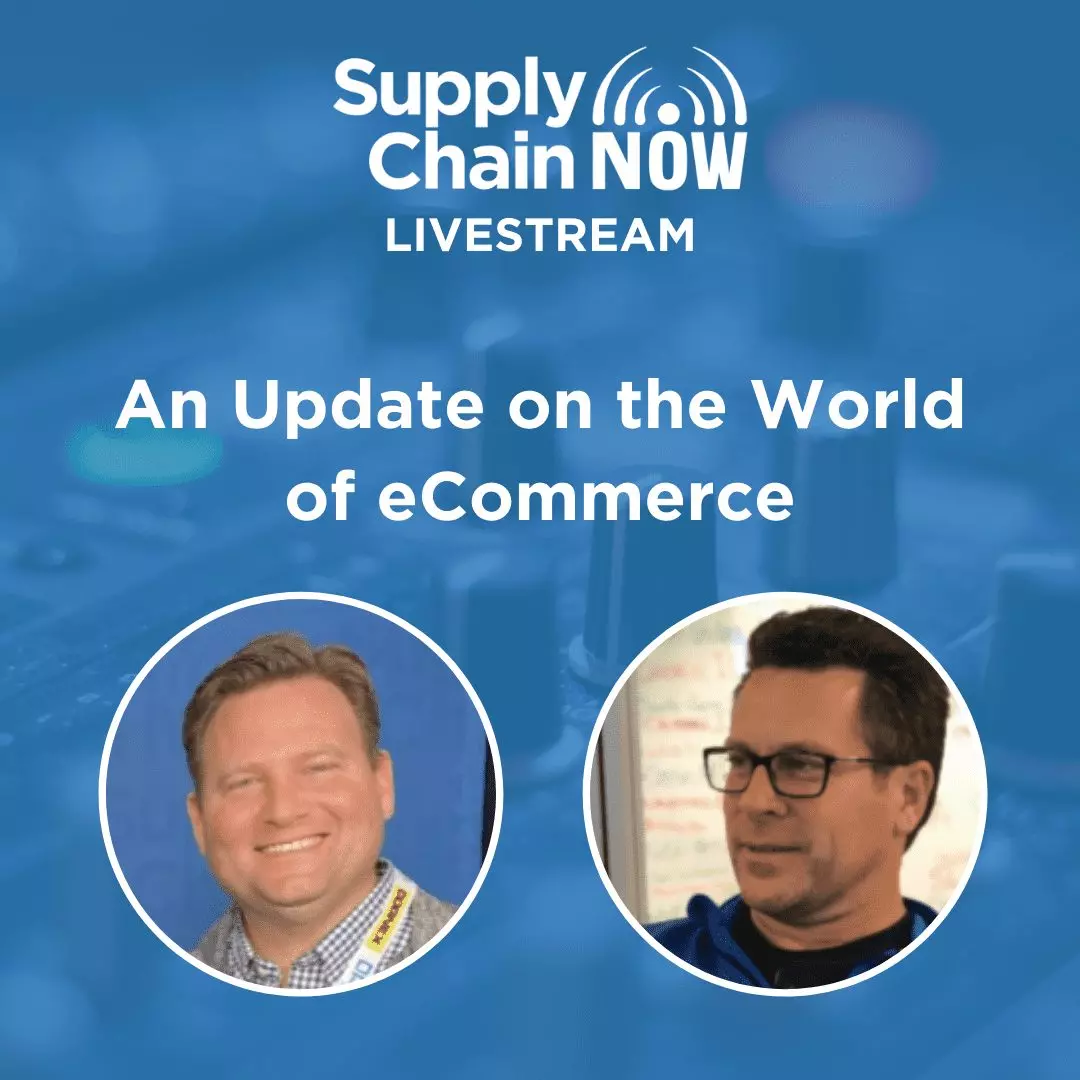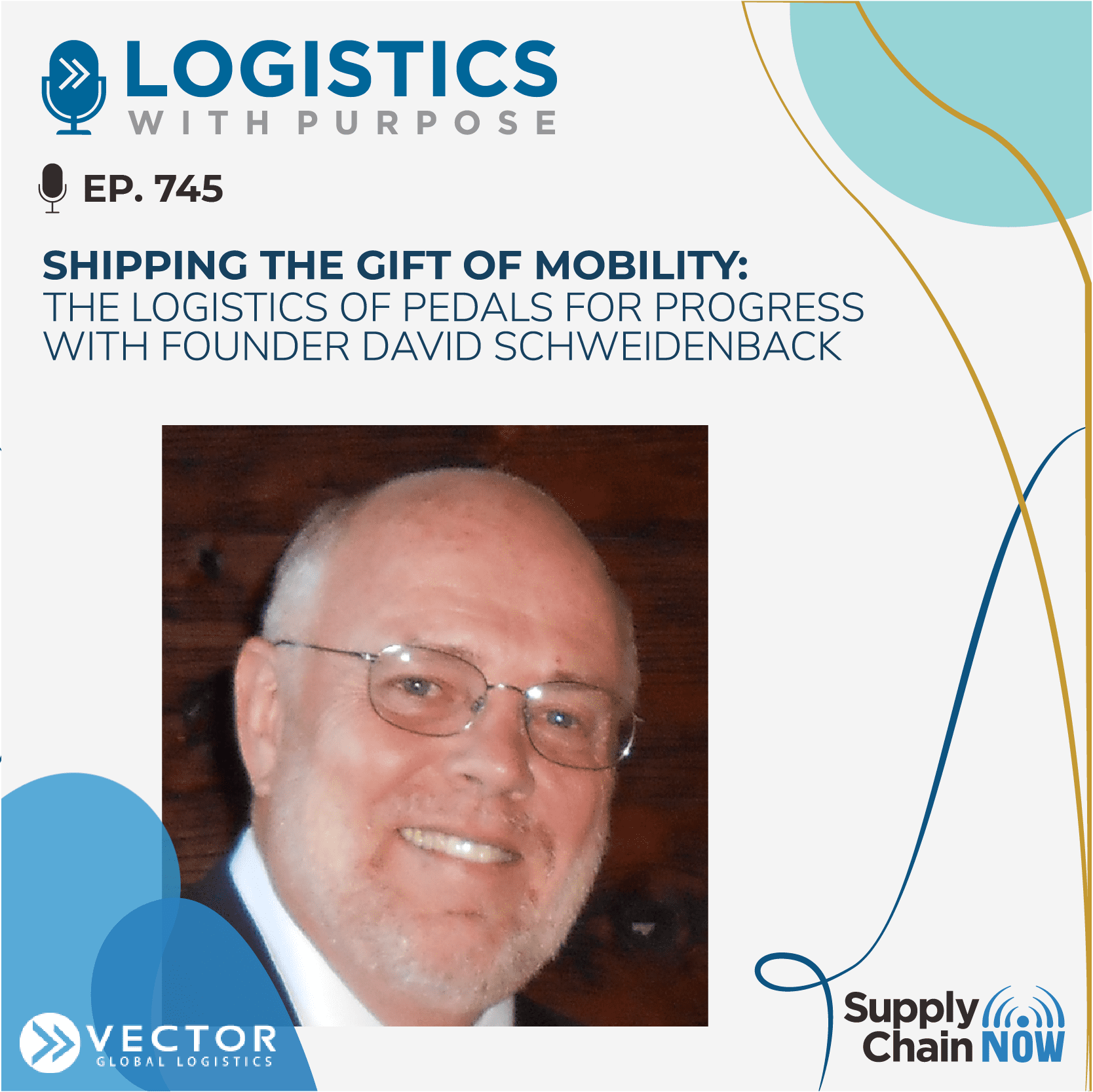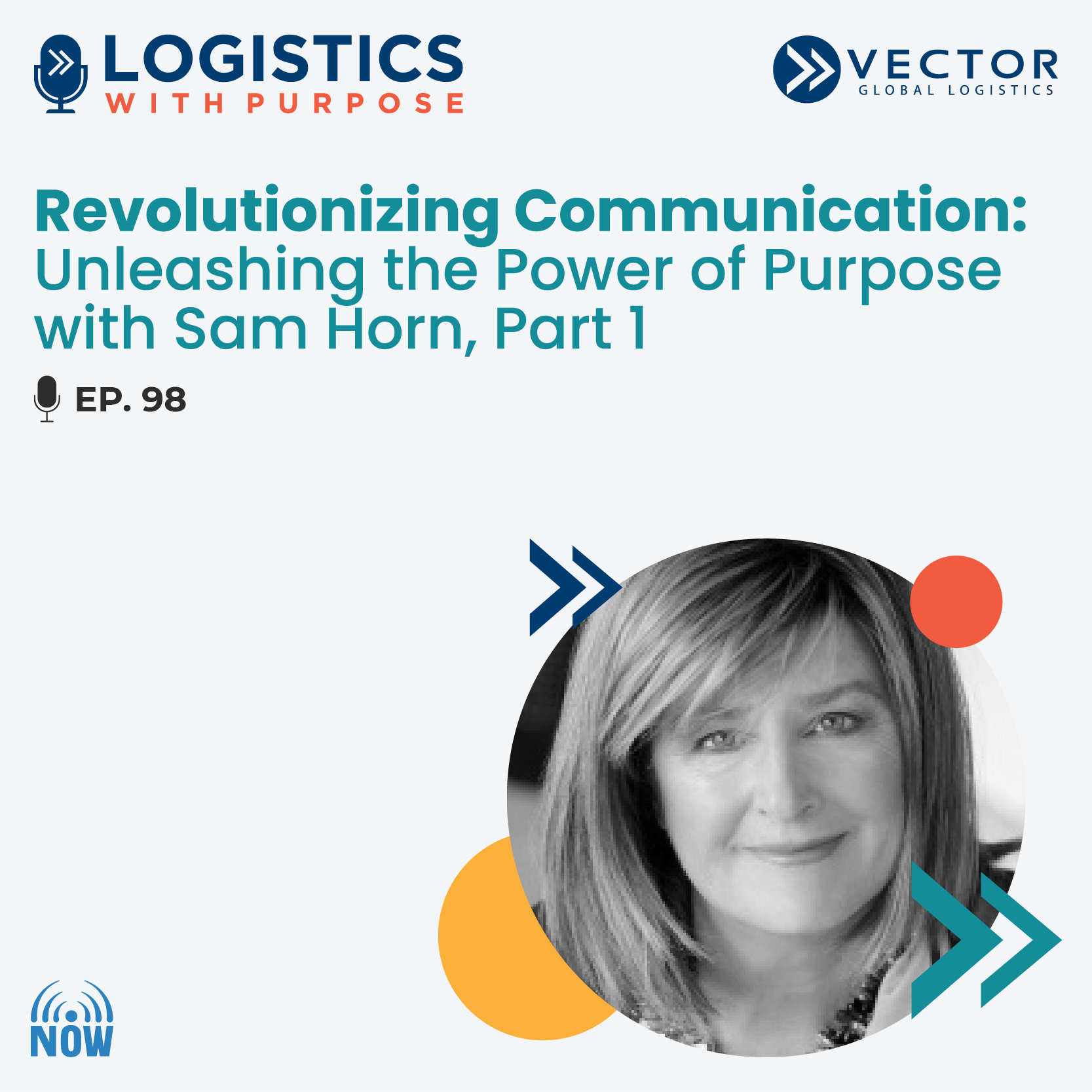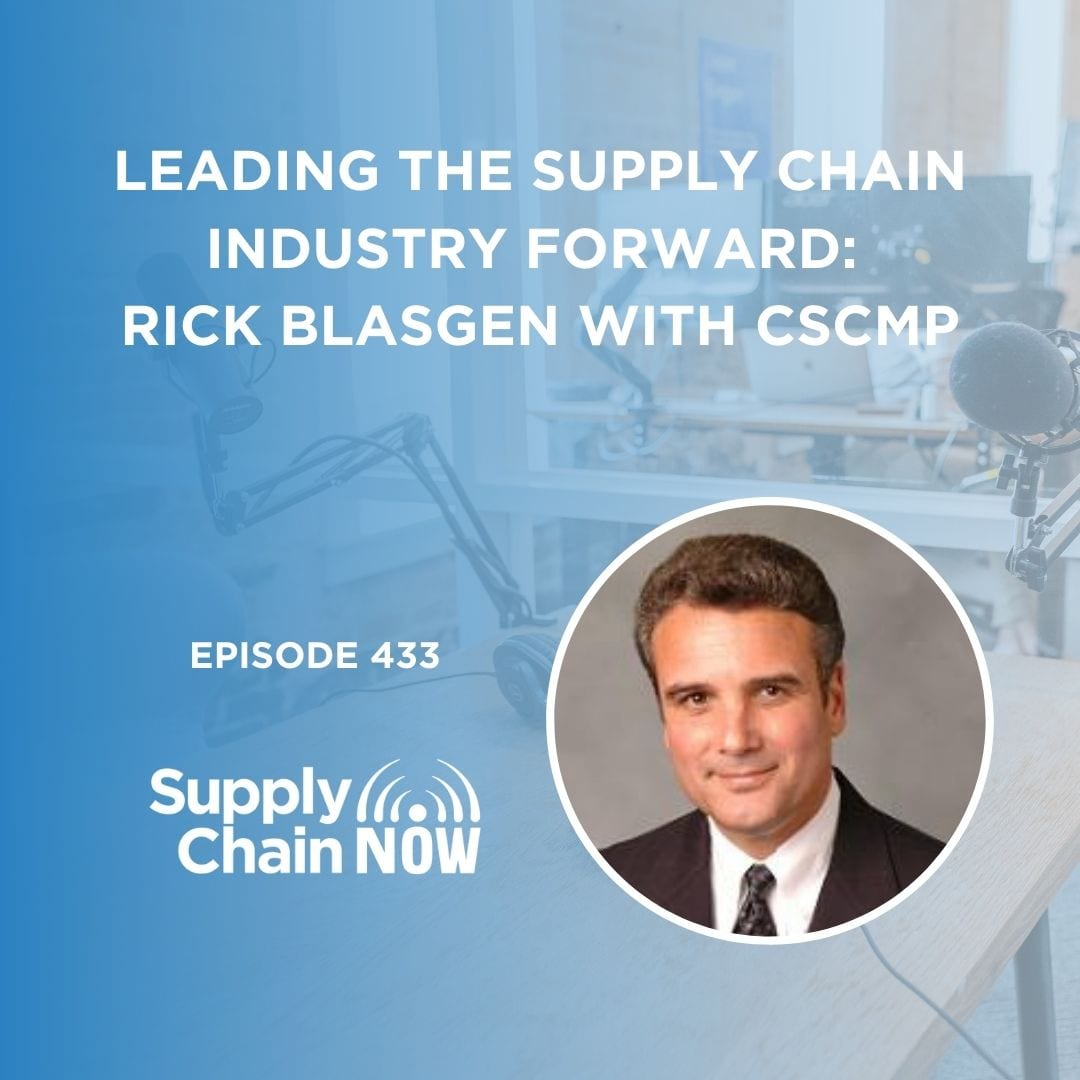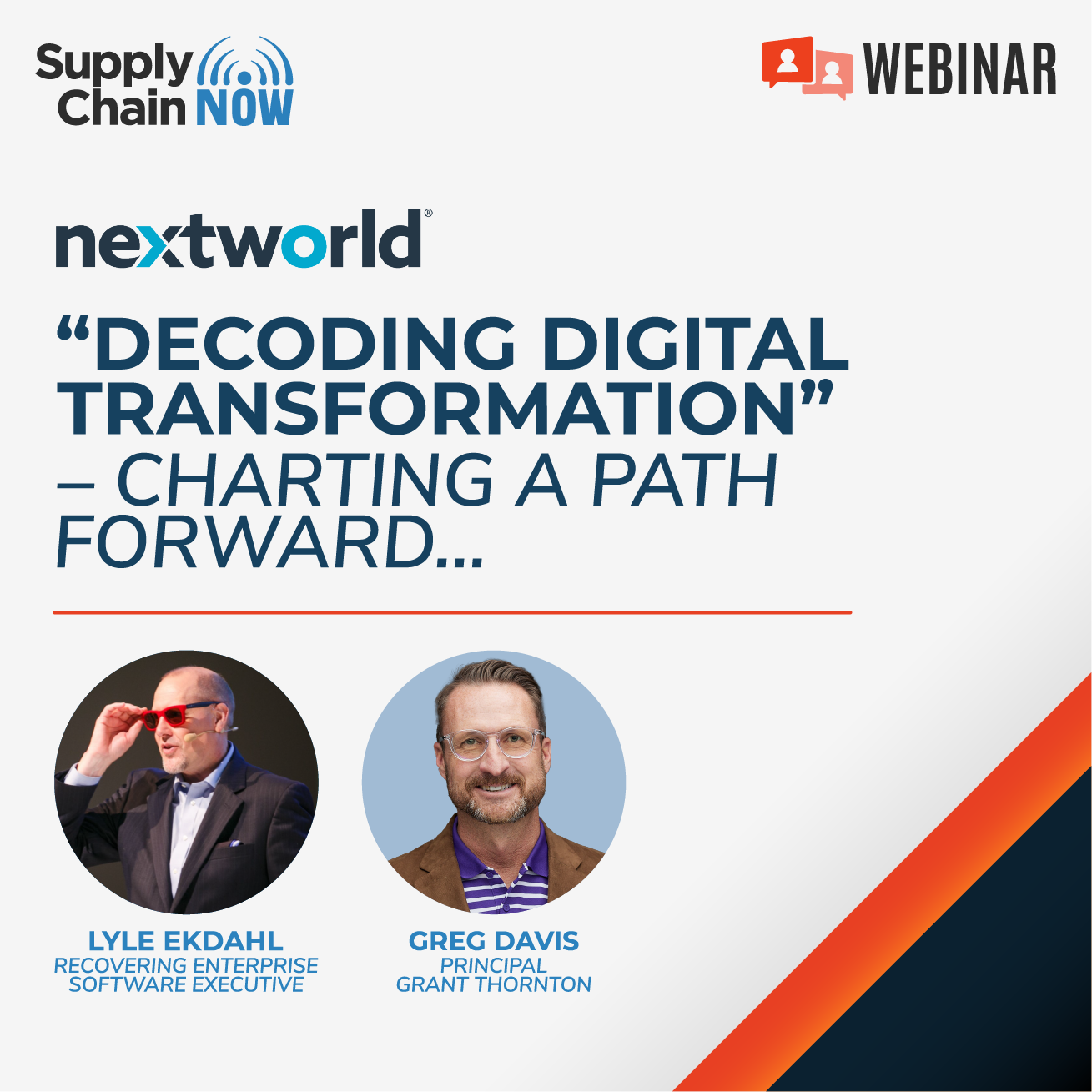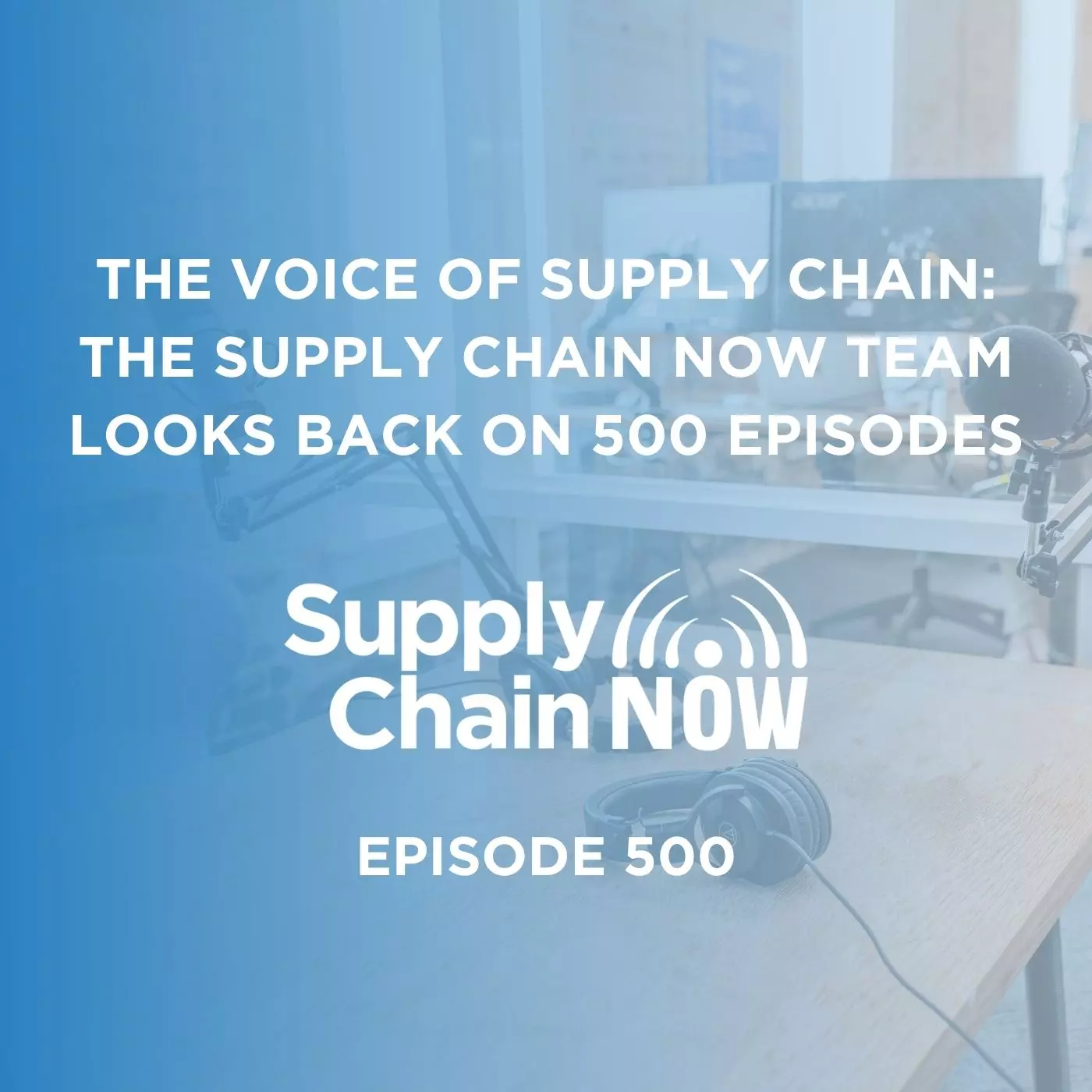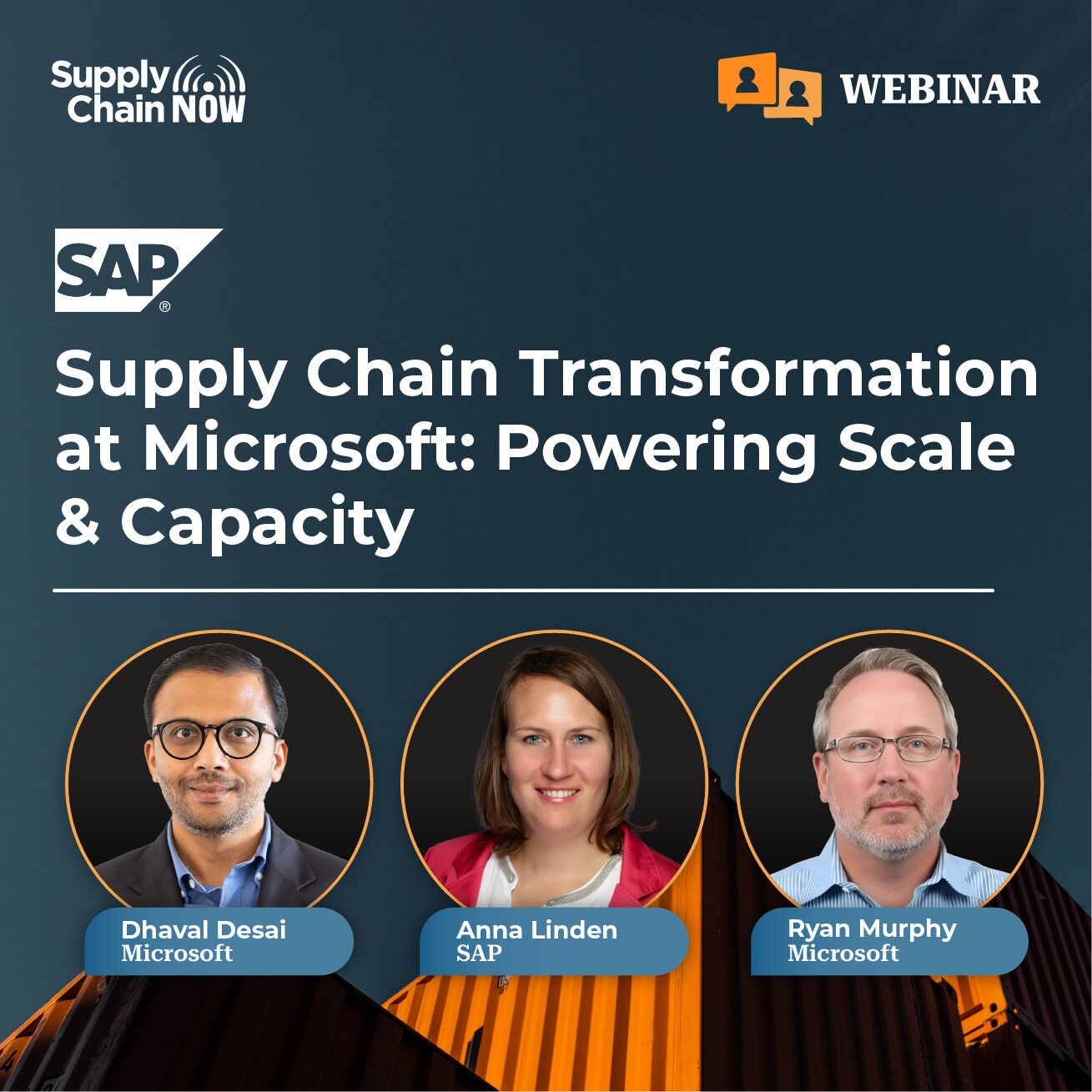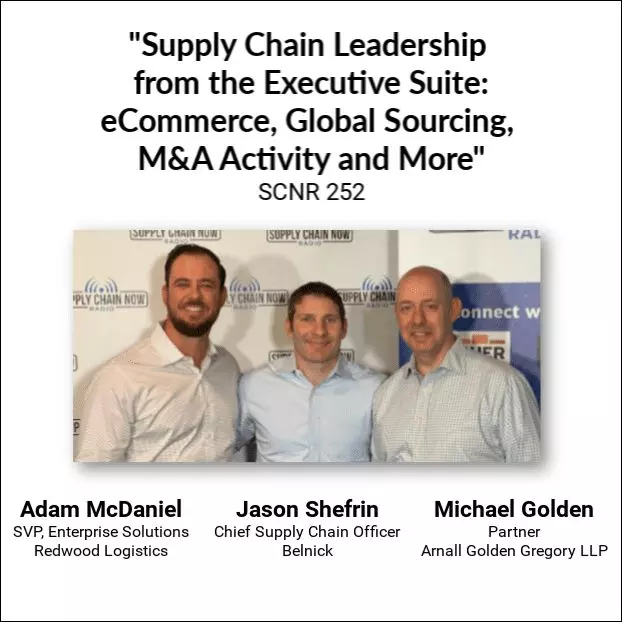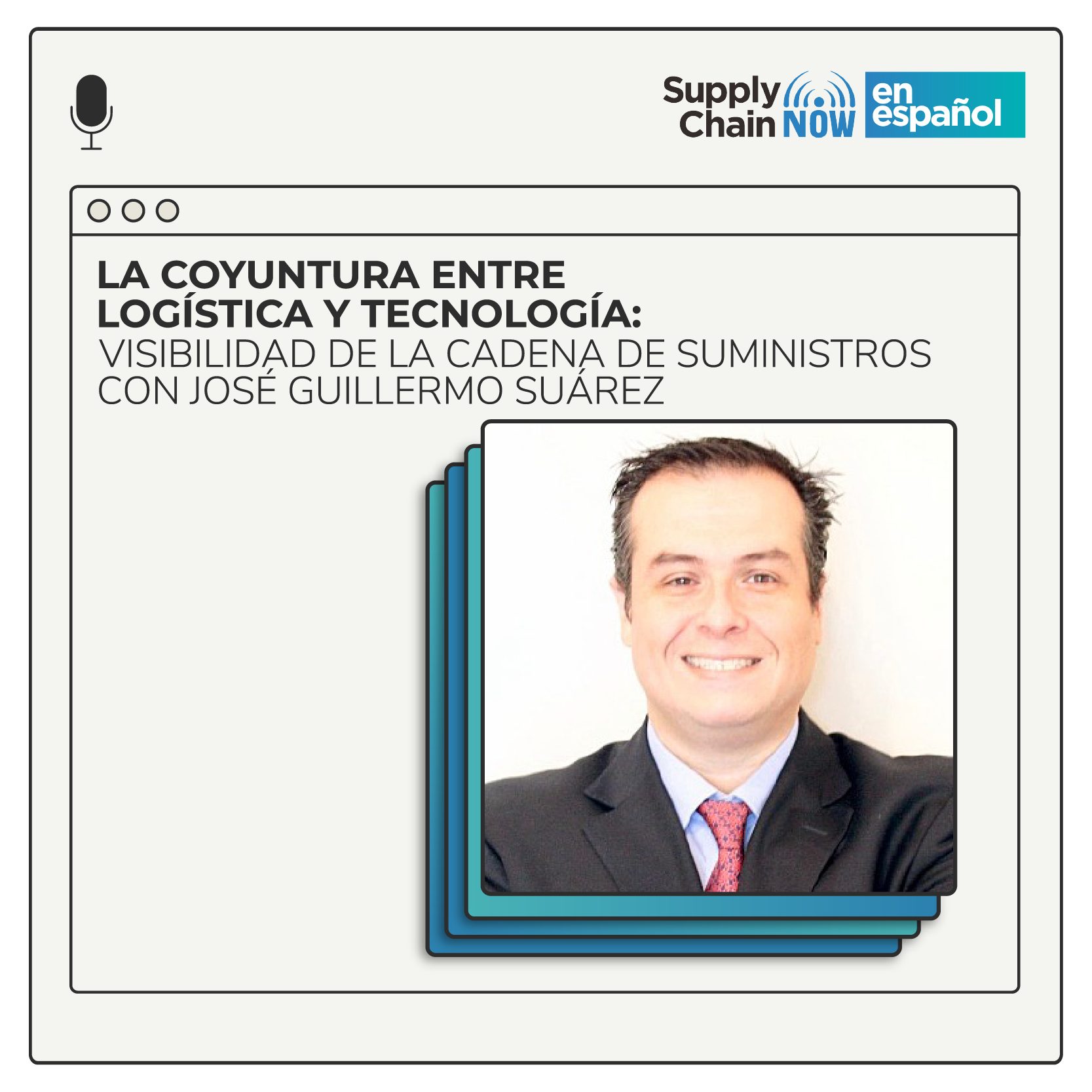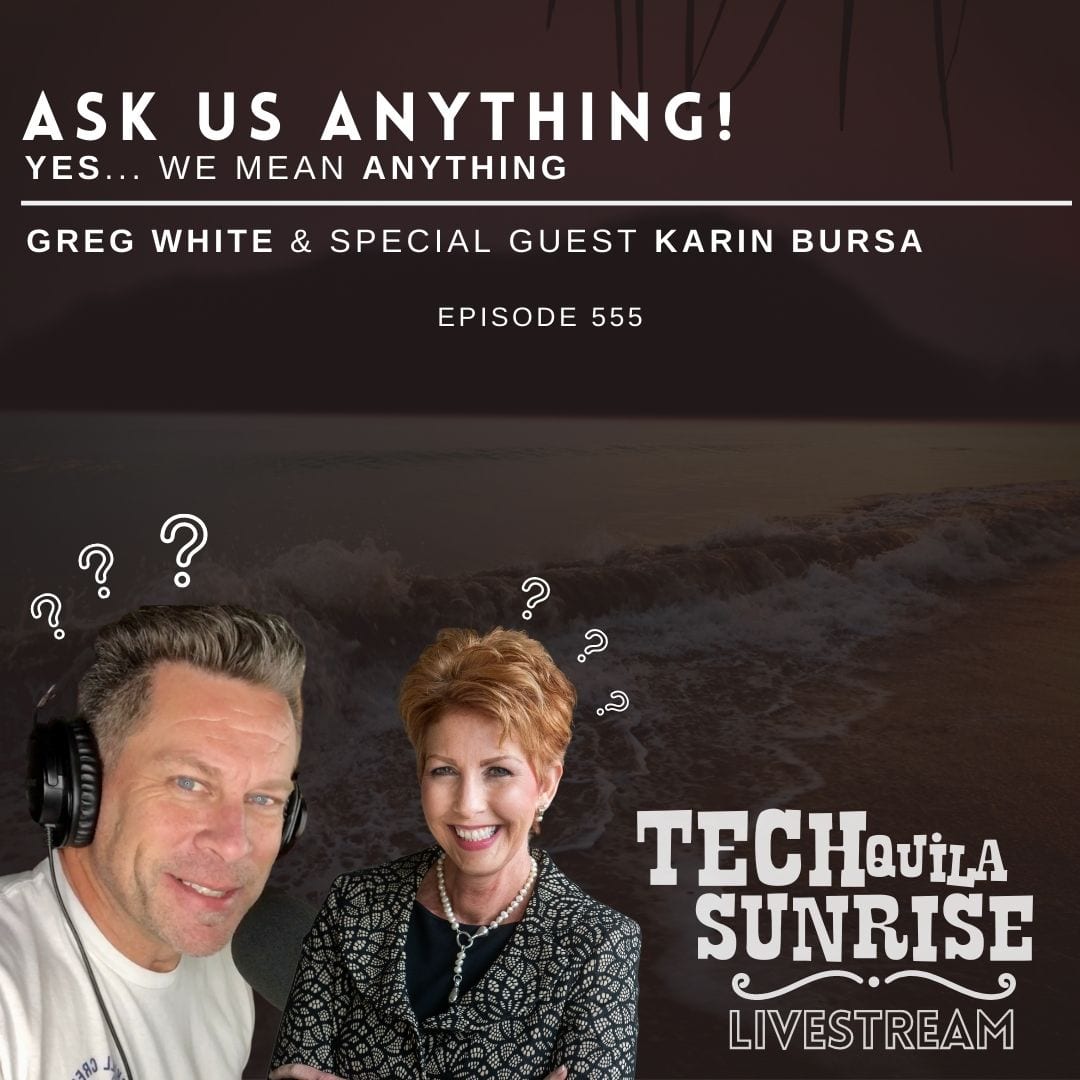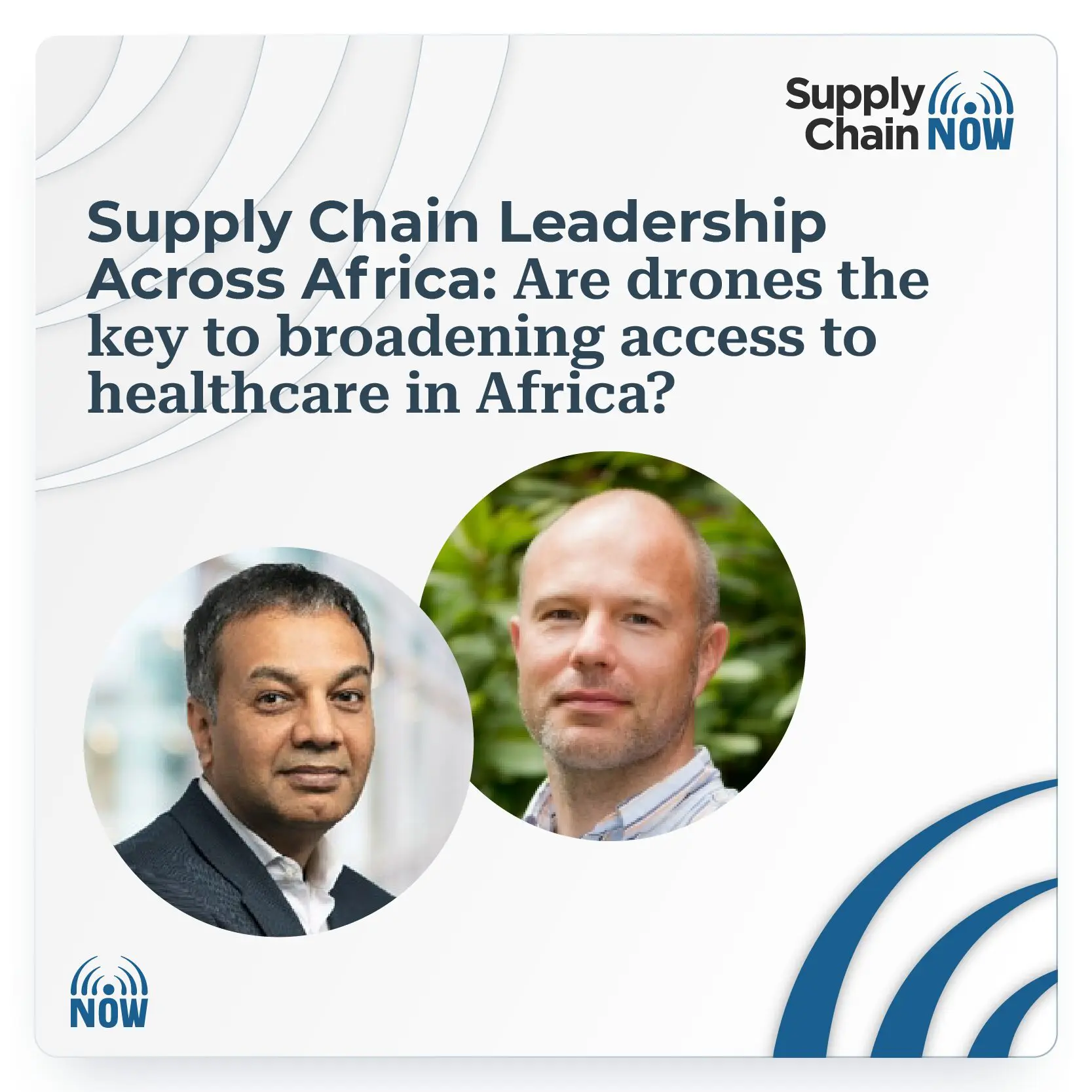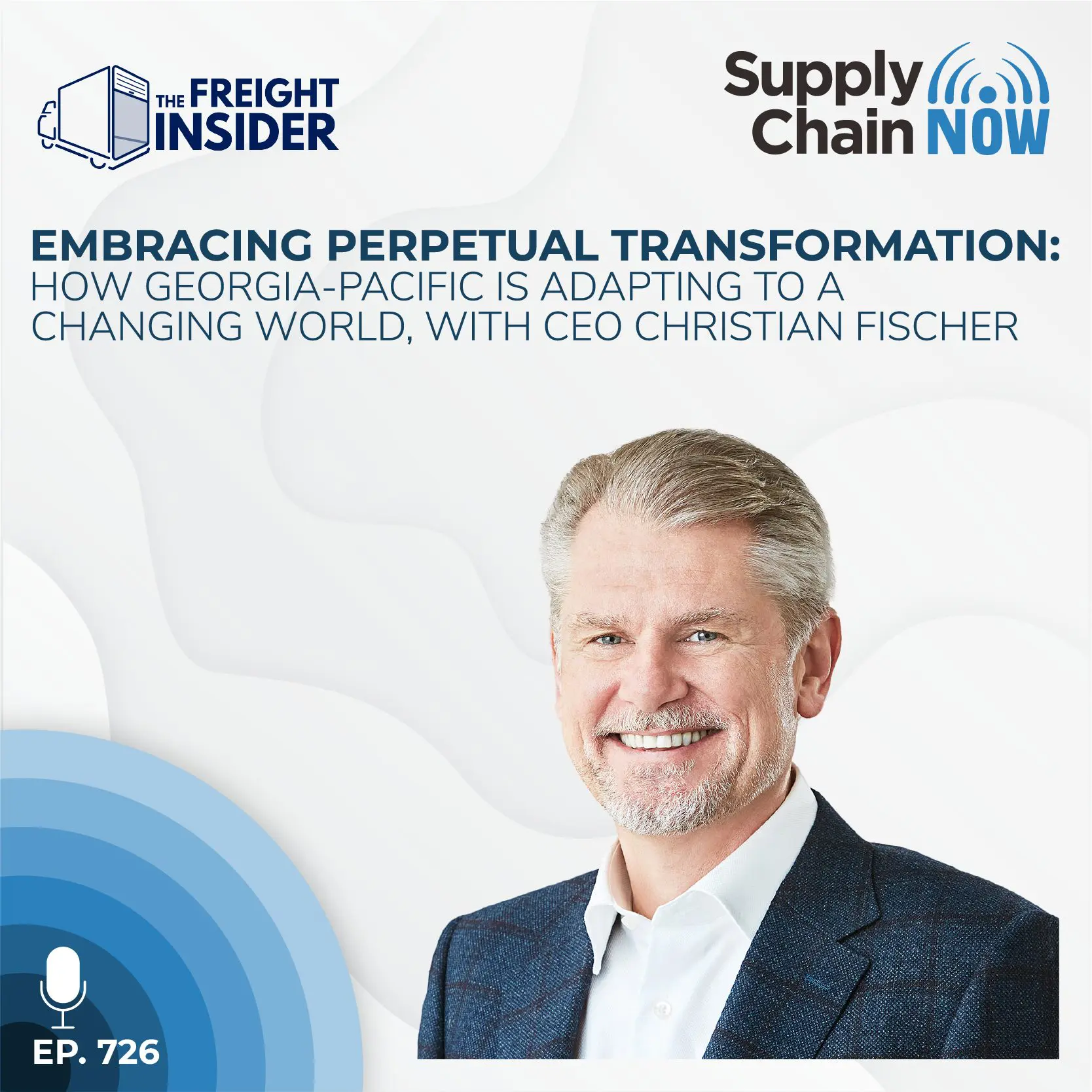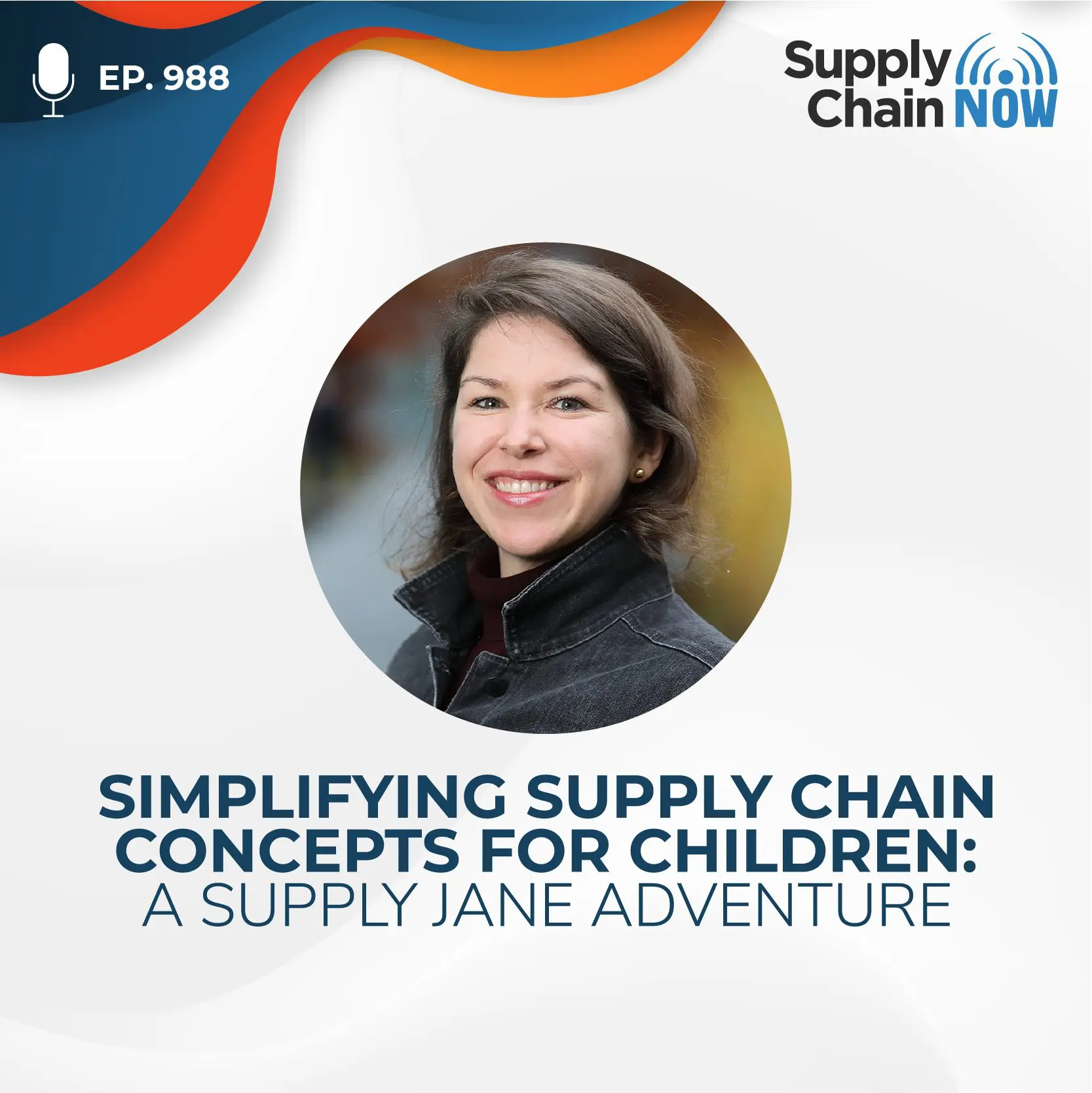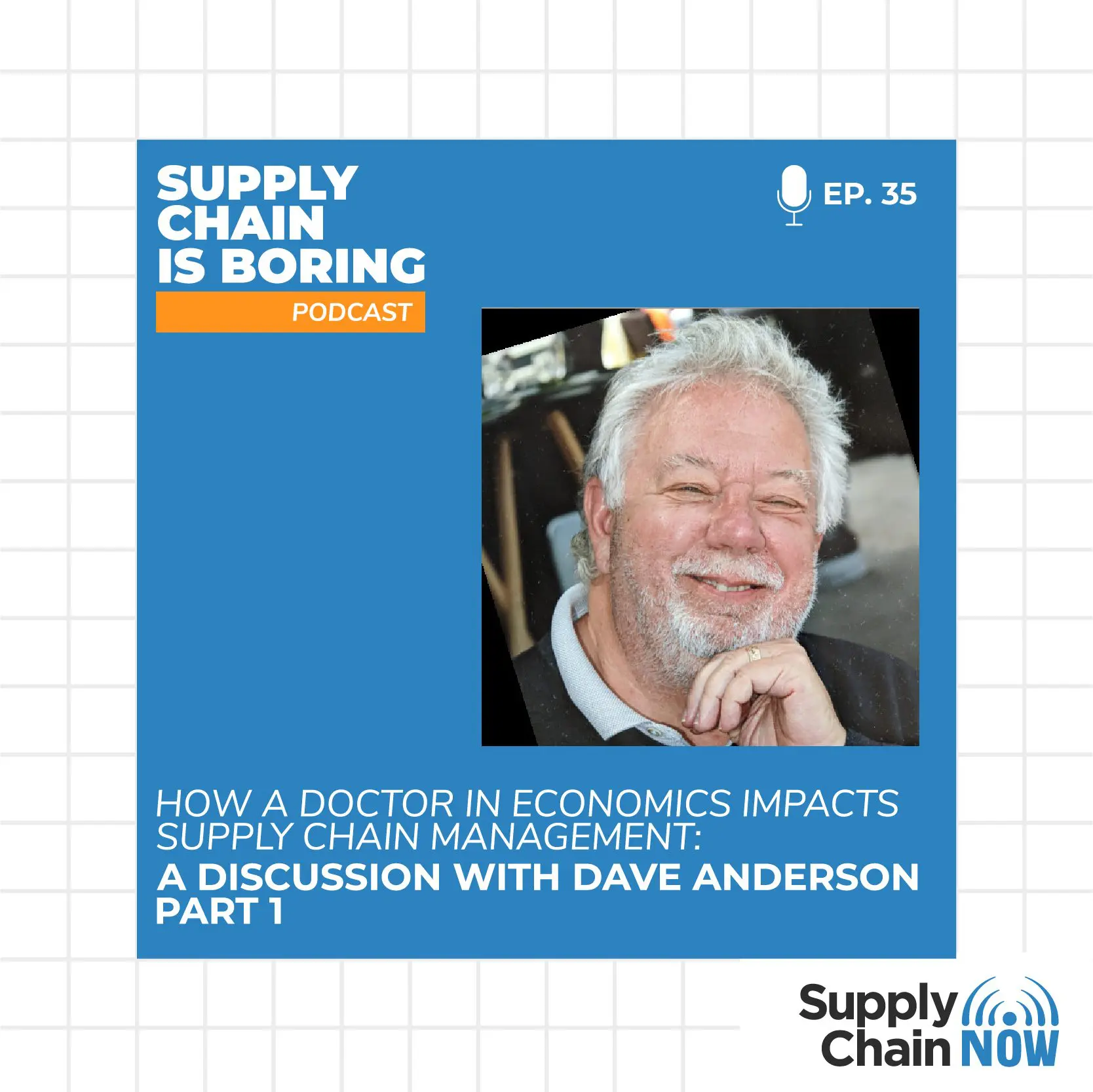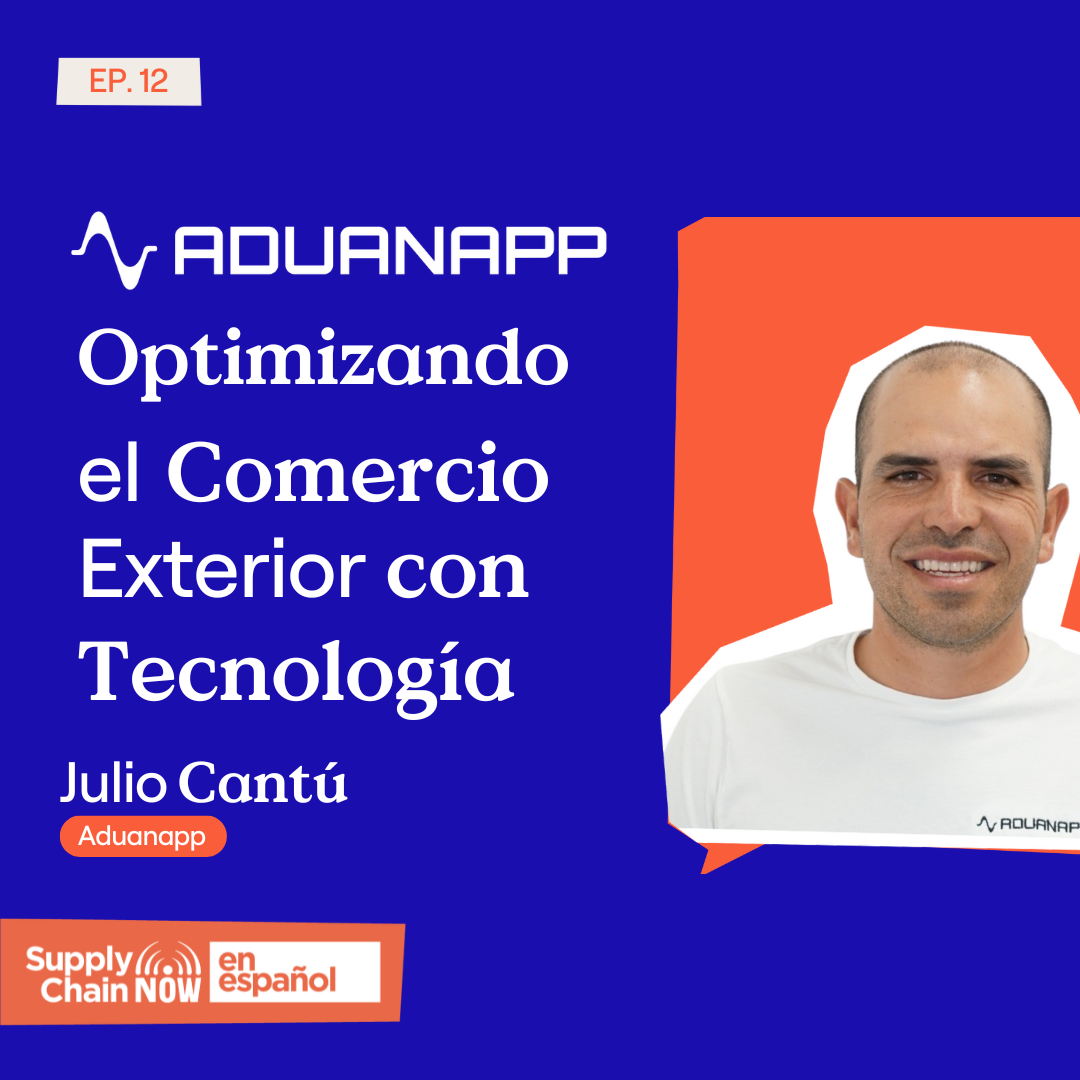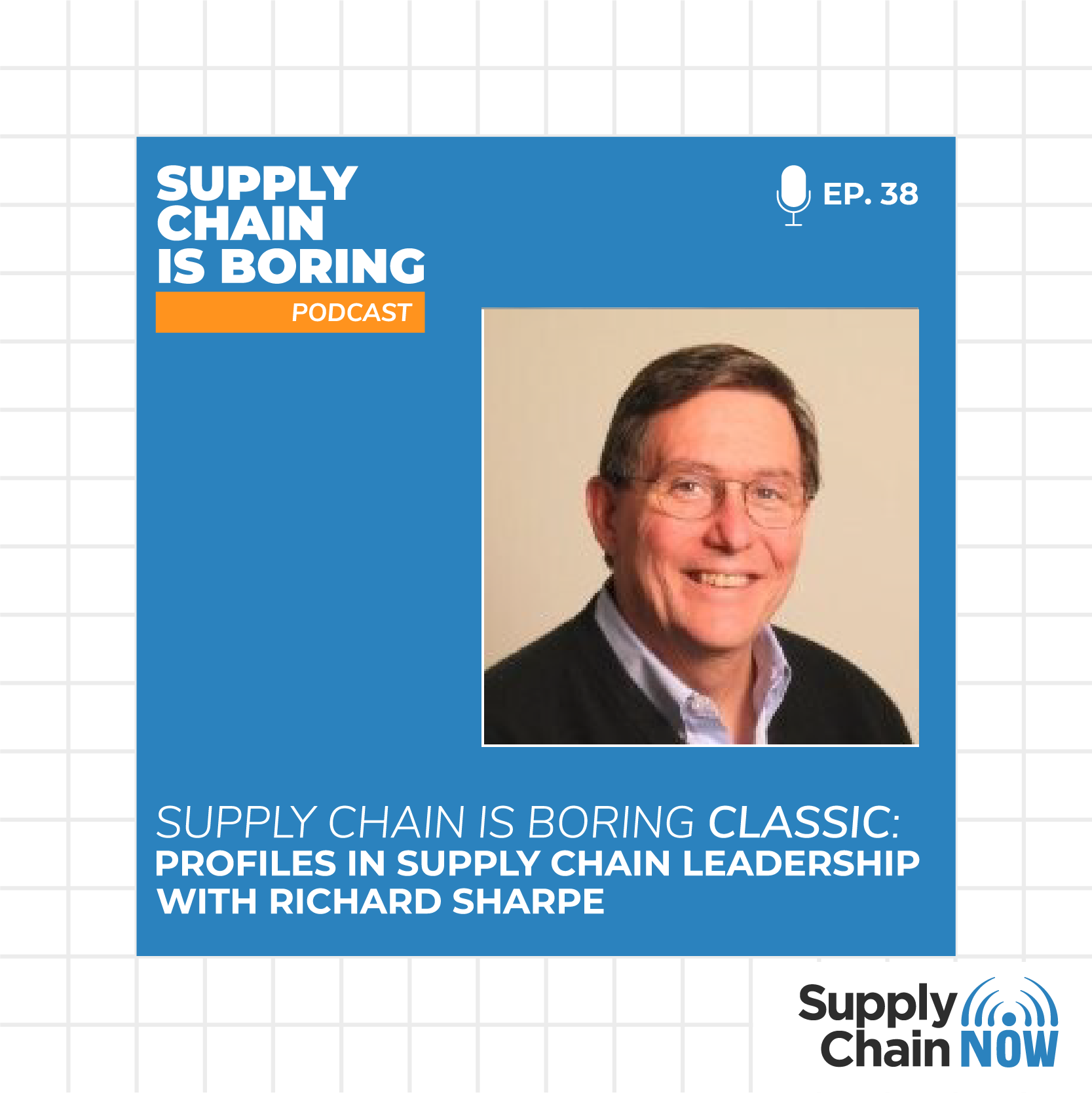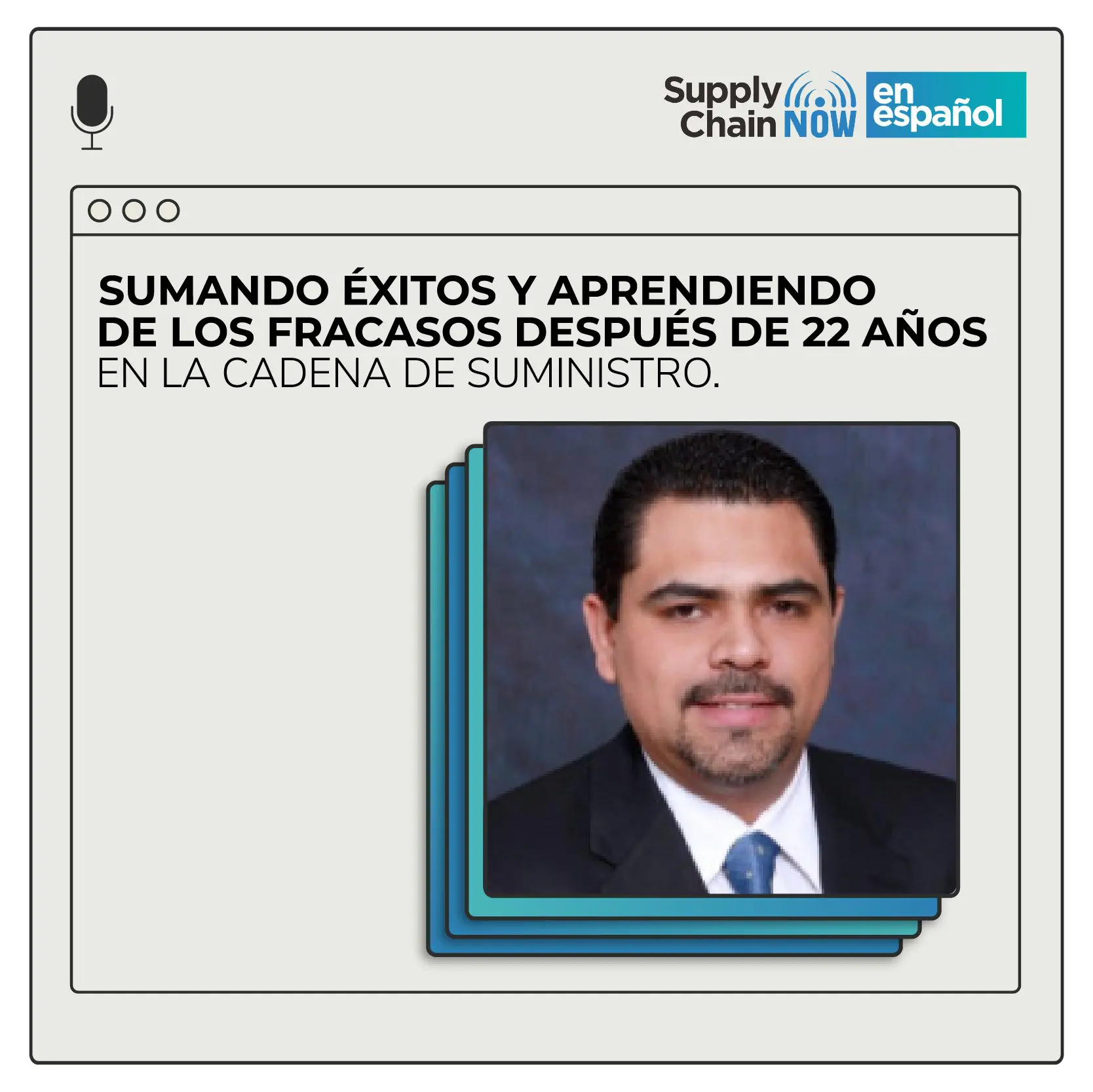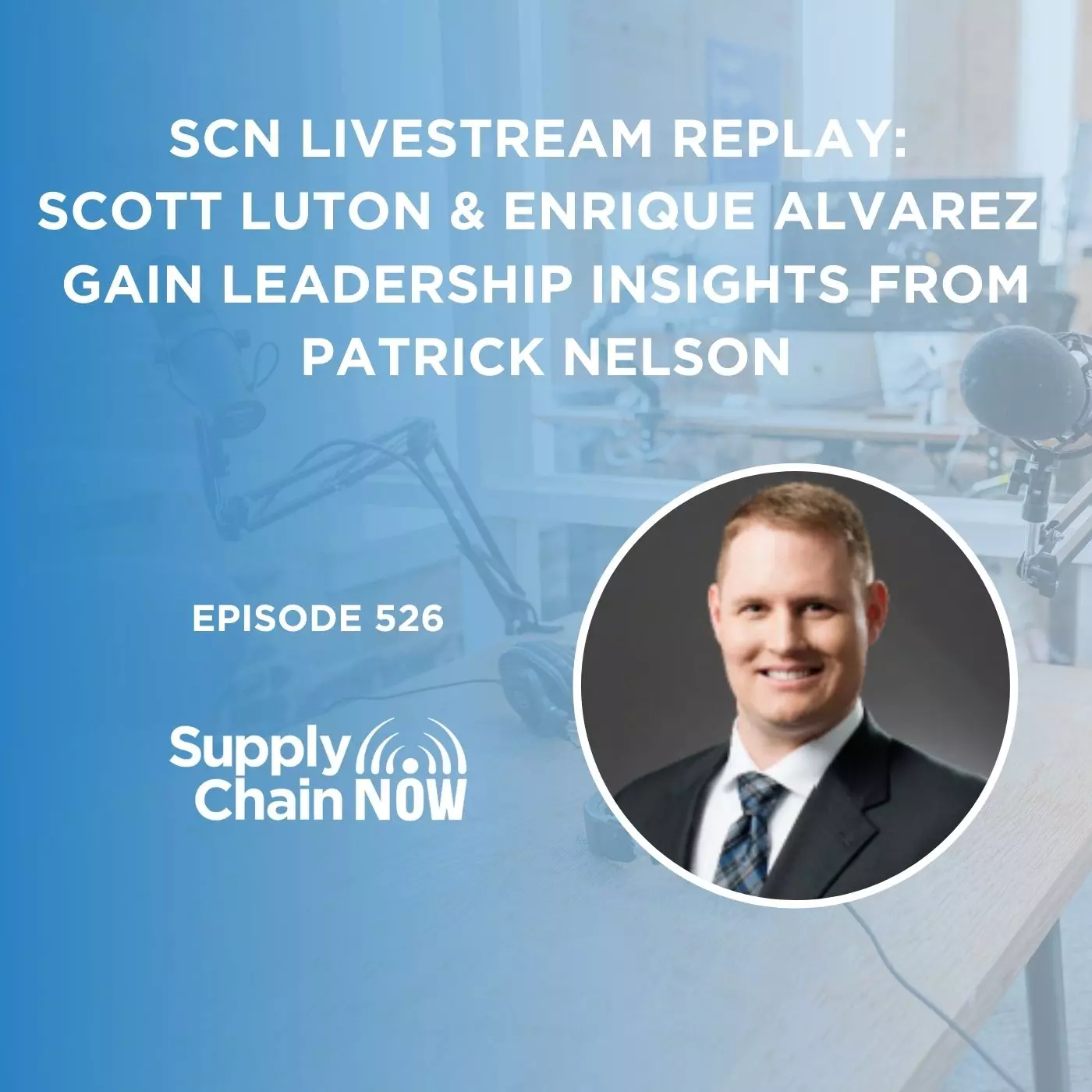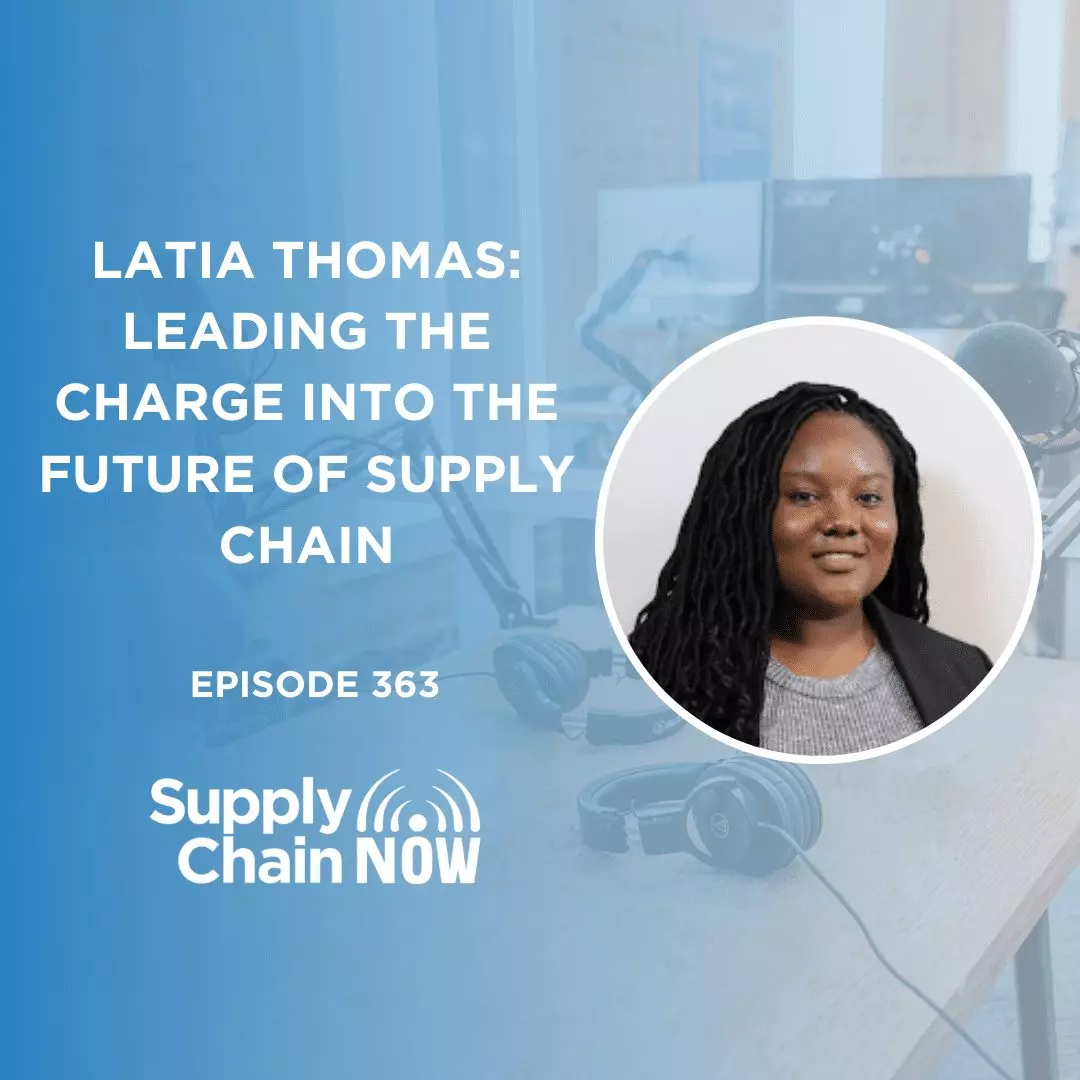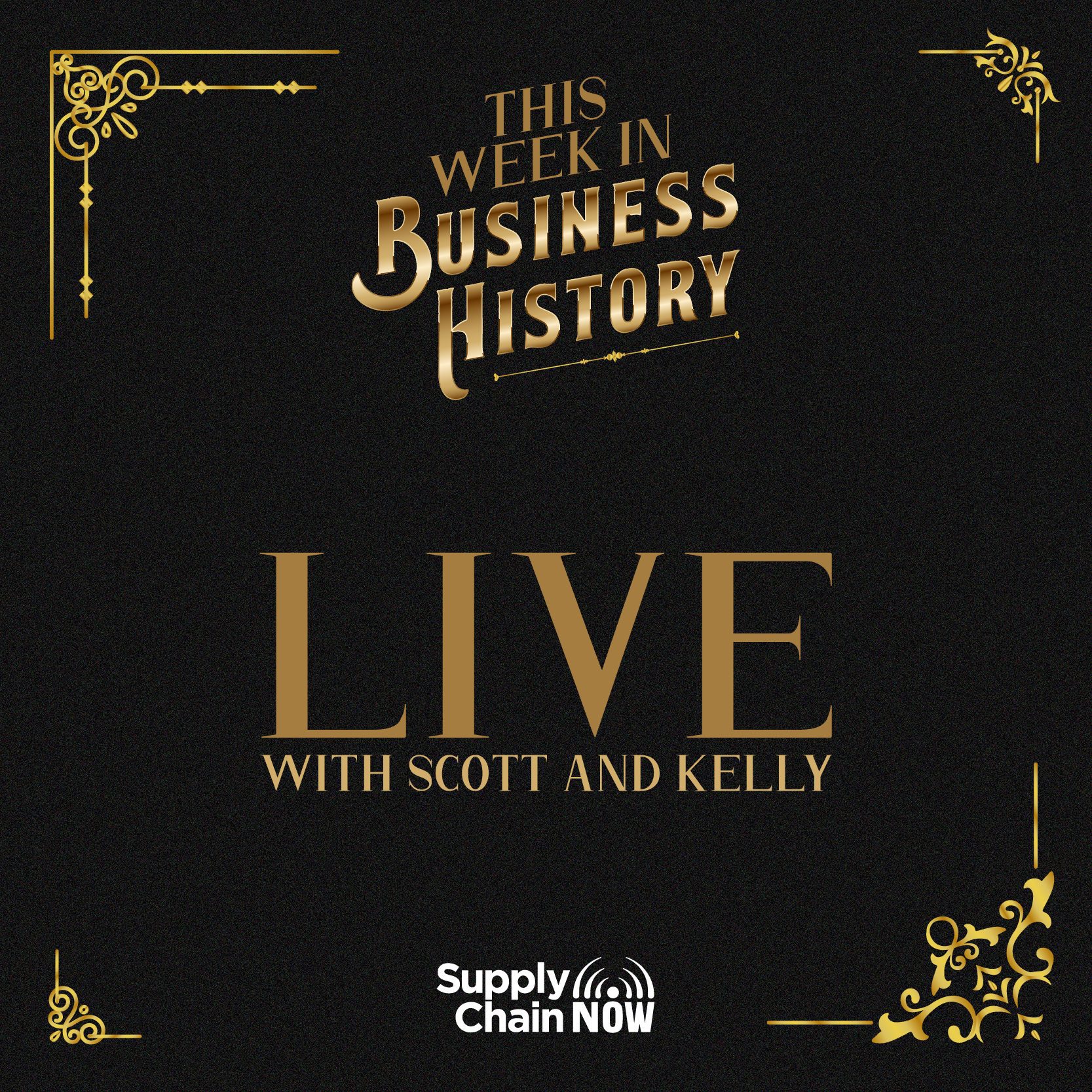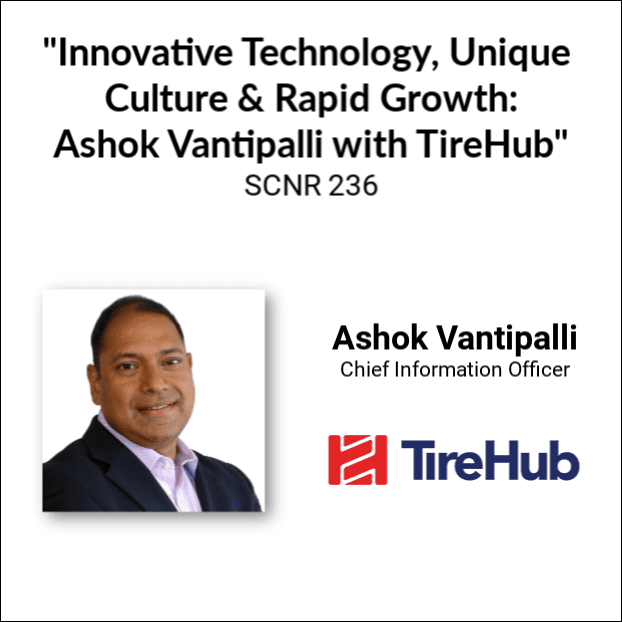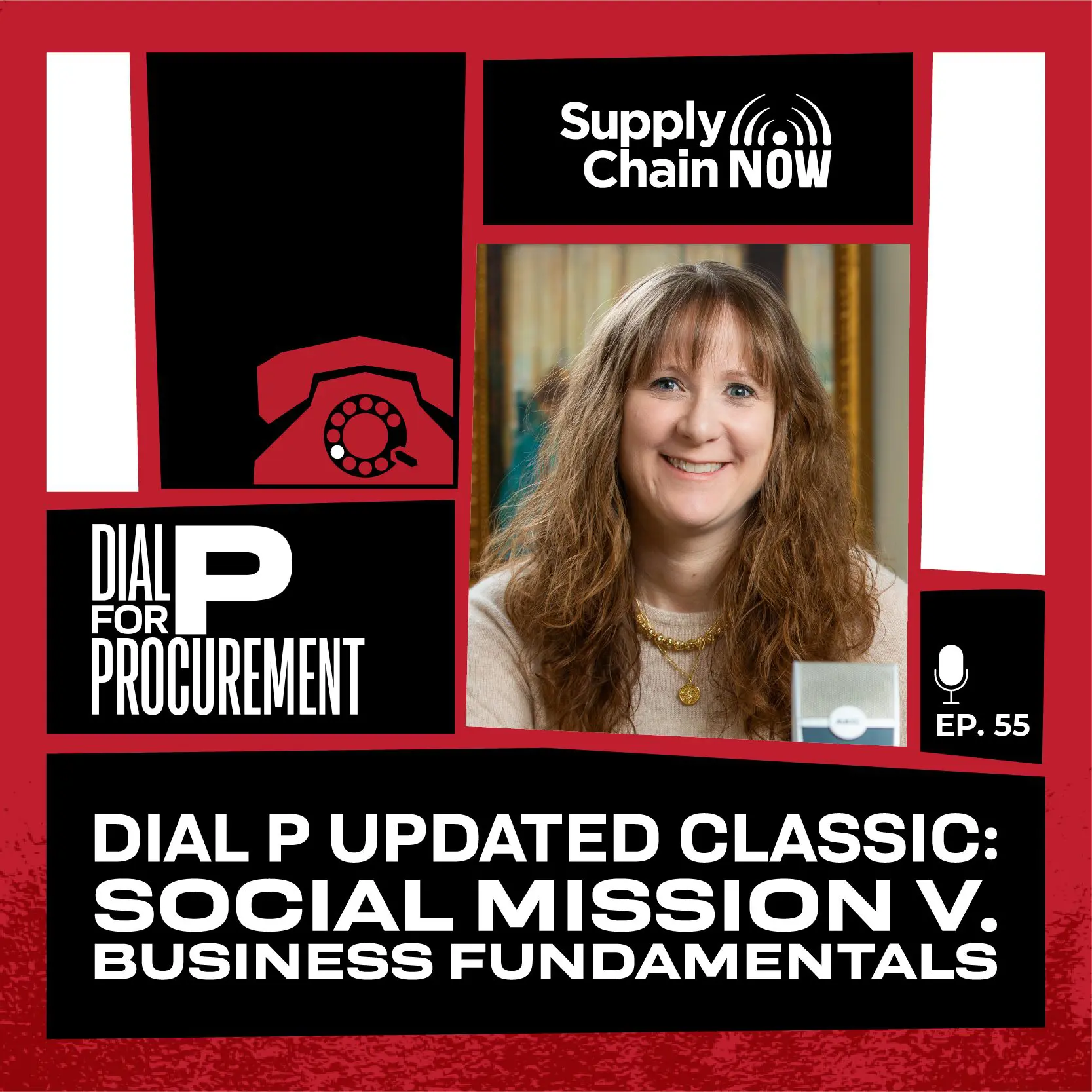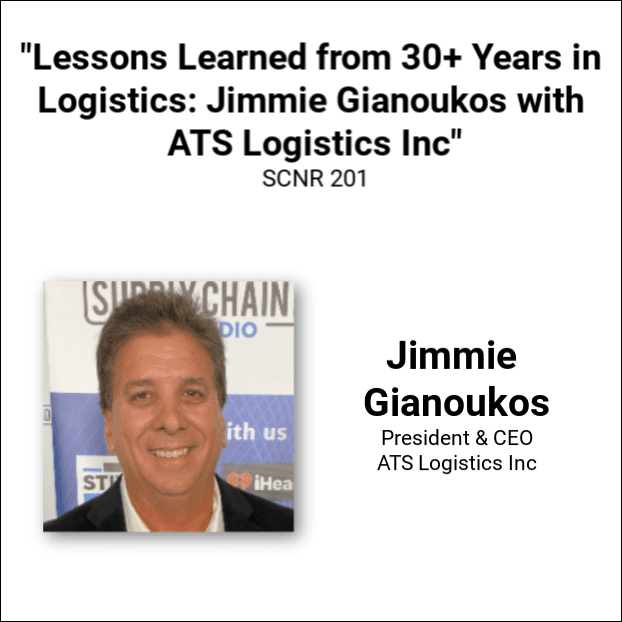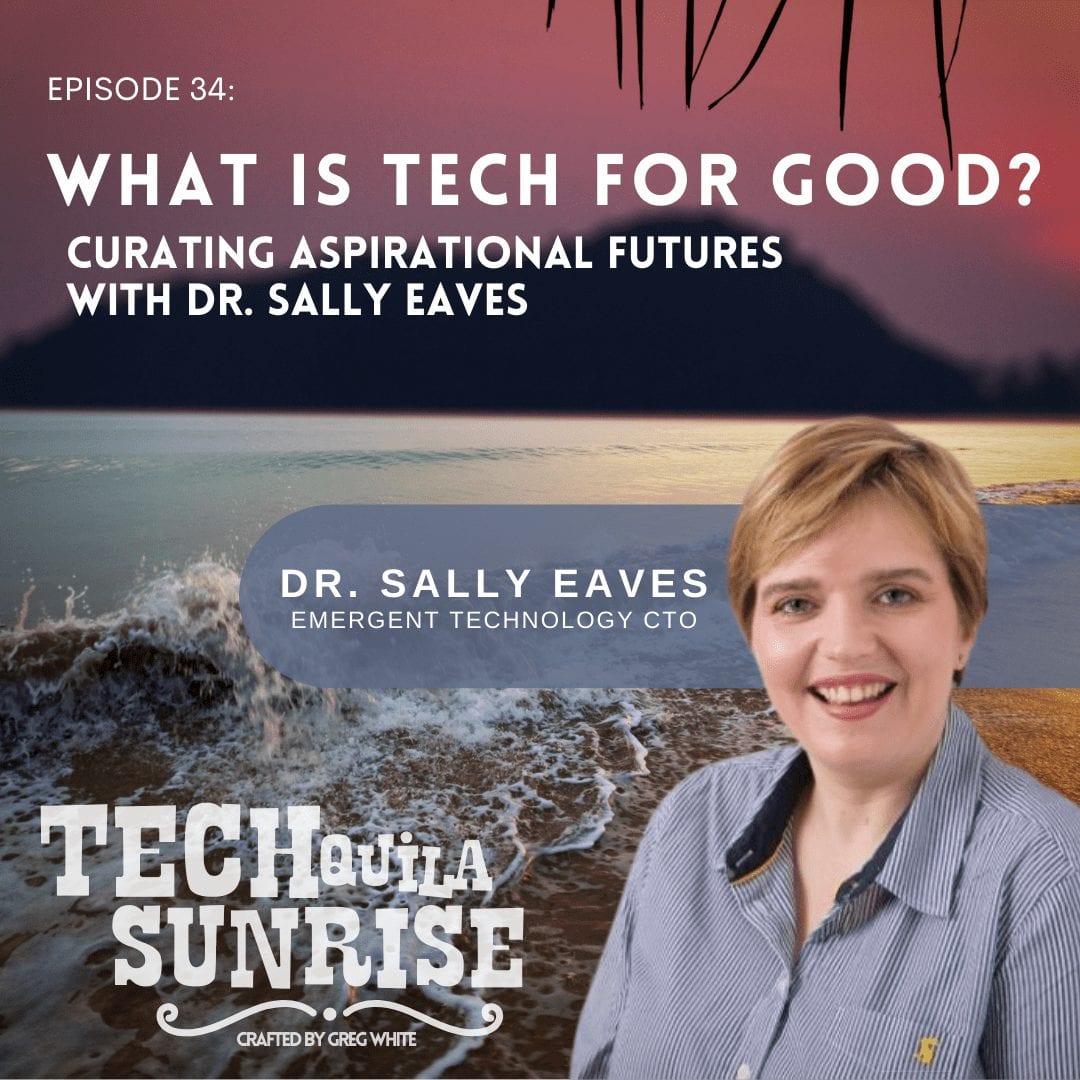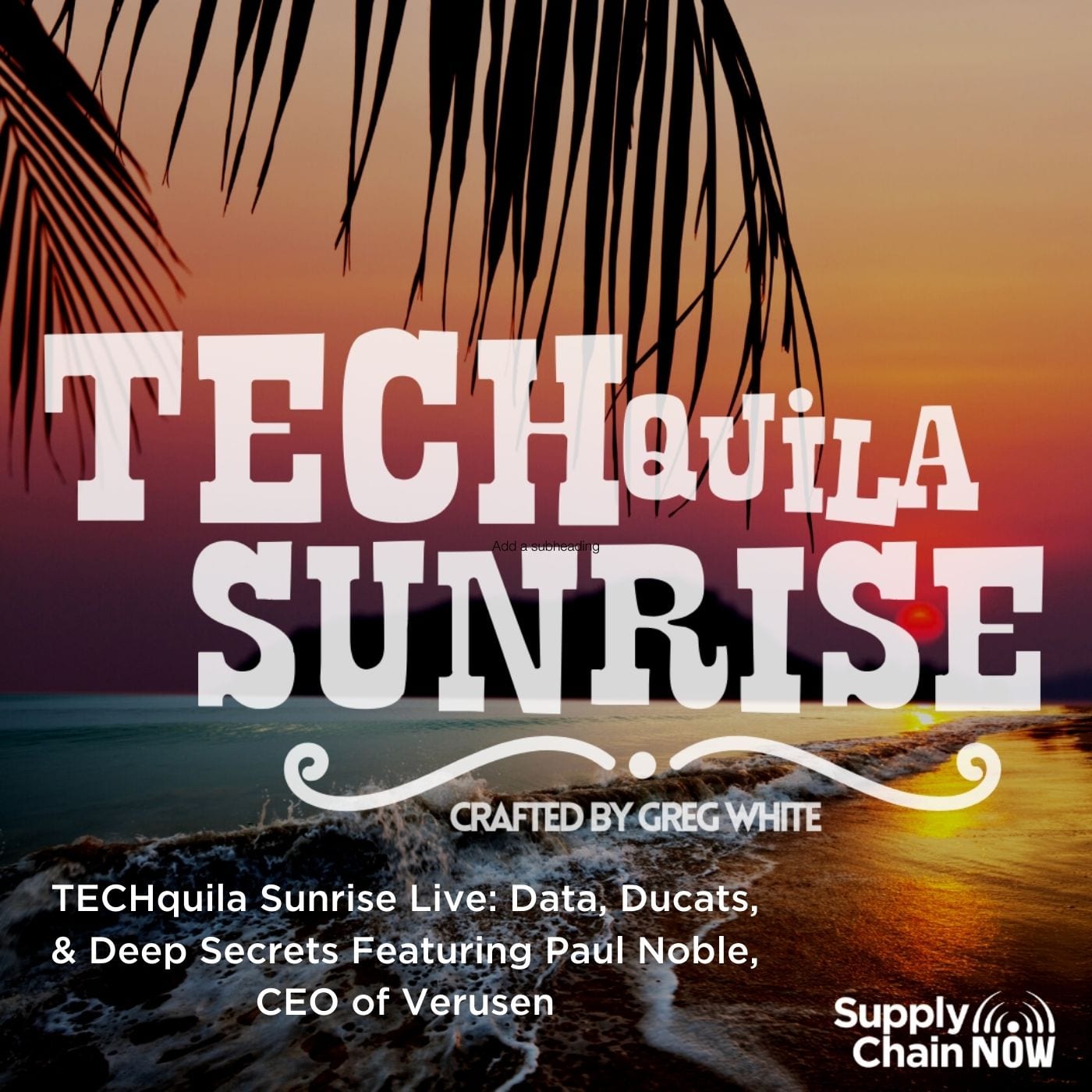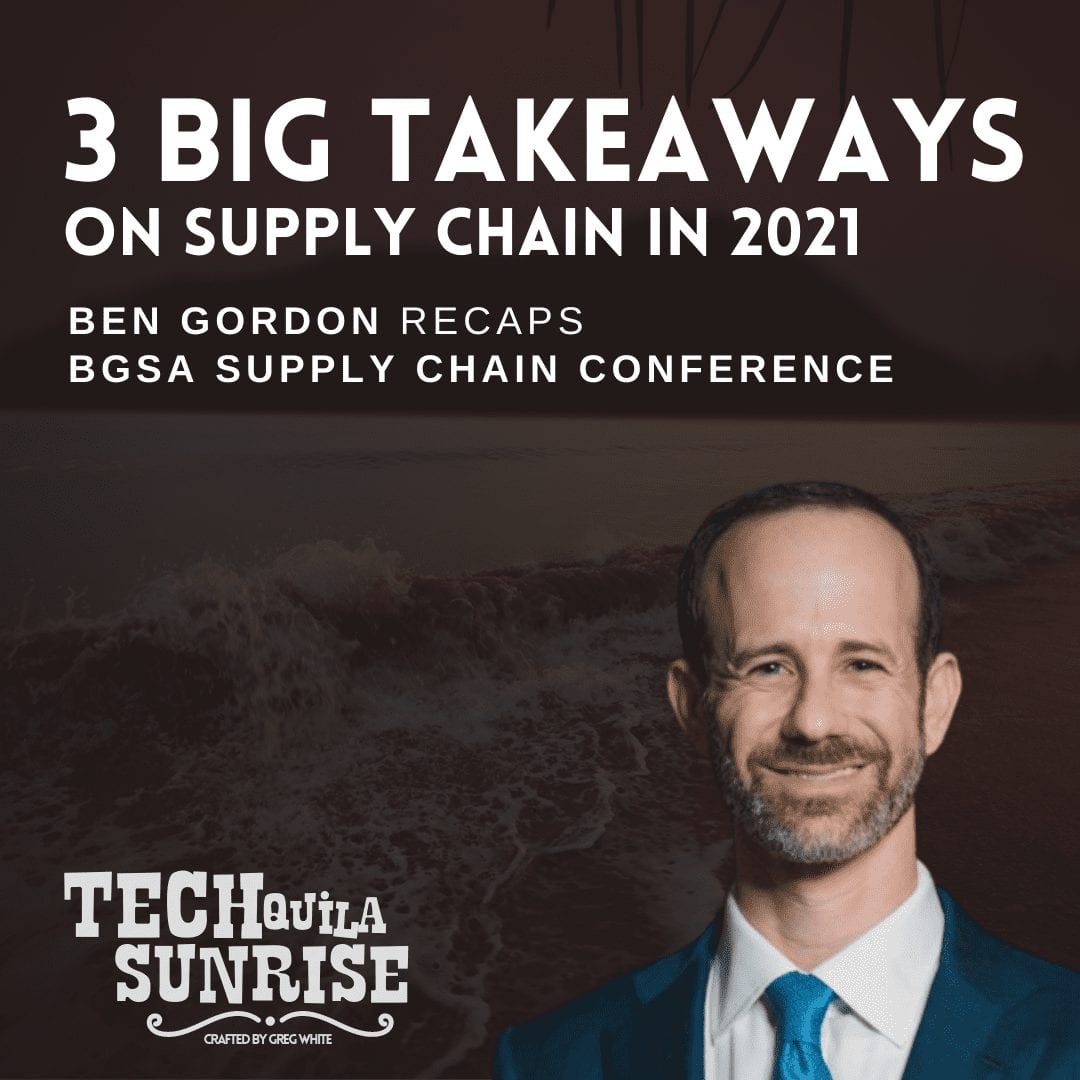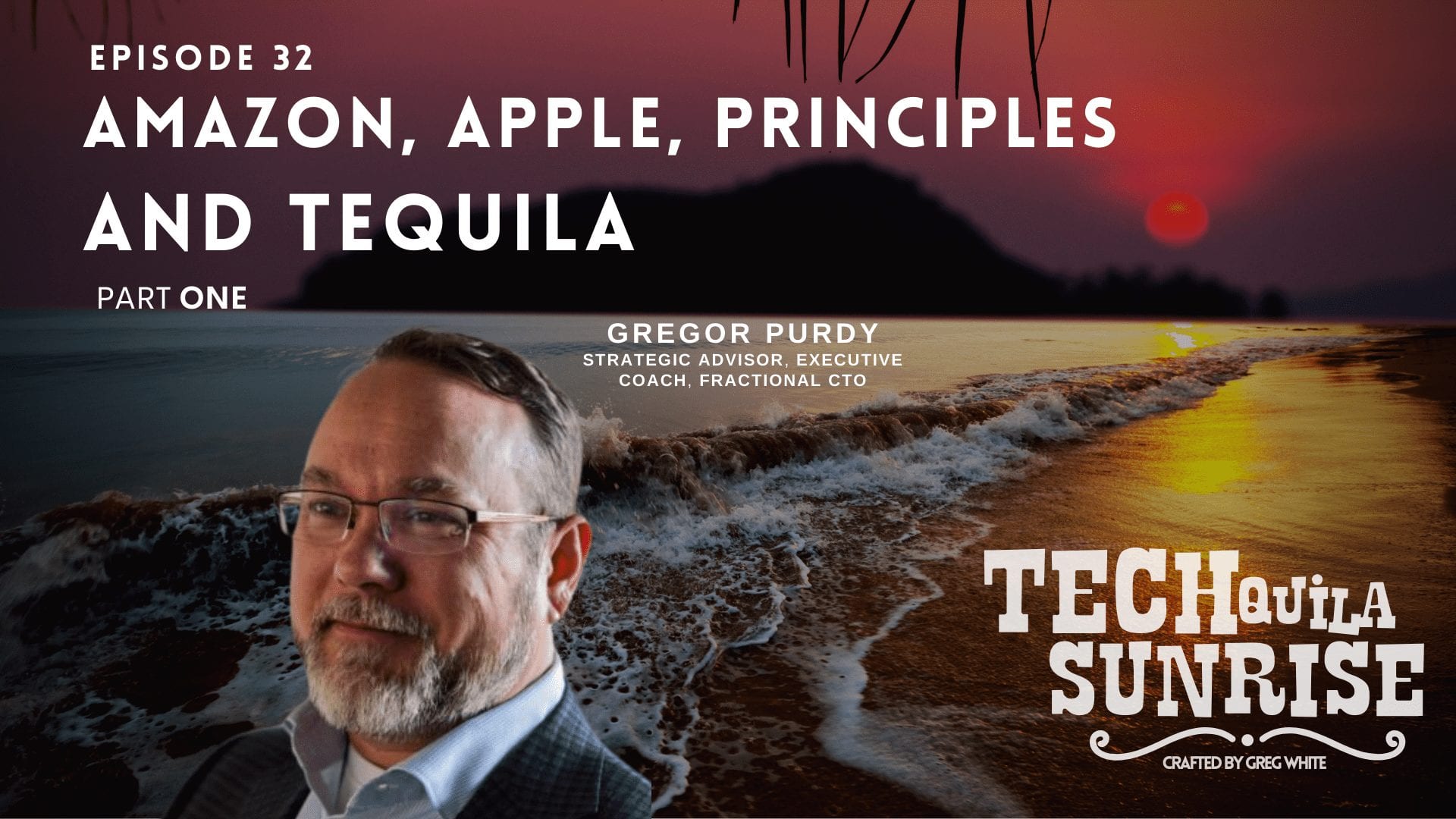
Episode Summary
“You can’t ‘DO’ a principle. You have to do a practice…”
-Gregor Purdy
Greg spends time with Amazon & Apple Alum and good friend Gregor Purdy. Nowadays, Gregor is a strategic advisor, executive coach & fractional CTO to tech companies and companies needing strategic & technology advisement. These two friends discuss their journey through supply chain tech, and Gregor reflects on his time at Amazon, their 14 business principals, and how he helps build stronger company frameworks so businesses can be as effective as the industry behemoth. The conversation turns to Gregor’s other passion, Tequila. What else? Gregor shares management insights and even the PROPER way to taste Tequila. (Spoiler alert: it’s not shots) Listen UP!
Episode Transcript
Greg White (00:03):
It’s time to wake up to tequila, sunrise, Greg white here, and I have spent my career starting leading, deploying, and investing in supply chain tech. So we take a shot and talk to founders, execs investors and companies in this hot industry. If you want a taste of how tech startup growth and investment is done, join me for another blinding tequila, sunrise.
Greg White (00:30):
All right. Let’s bring in our guest Gregor Purdy strategic advisor, executive coach, chief technologists, good friend and tequila, Conda sewer, Greg Gregory. Welcome. Thank you. Thanks for having me on. Yeah. Well, let me tell people a little bit about you too. Sure. Maybe they’ll like you still after I tell you everything that I know about you, but, uh, um, look, you have a pretty strong provenance, which is provenance is one of my favorite words, but technology leader at Apple, Amazon, a number of companies you’ve built teams, you’ve led teams, you’ve led big projects today. You’re a mentor and executive coach, a fractional CTO, right? And I think you really thrive at look, we’ve worked together before full disclosure to the community. So I think you work really well together at the, at the confluence of, of technology and business strategy of people and culture. And it’s just a really rare mix that I, you know, I’ve really enjoyed.
Greg White (01:37):
I am a little bit free-wheeling, you’re a lot more, uh, organized and, and diligent. And I think that, I don’t know. I hope you feel the same. I think that really worked for us when we were working together. Thank you for all those kinds of words. Well, I mean, you’re constantly curious, you’re constantly evolving. You develop systems and strategies and workshops and tool sets that I think so many people can benefit from. And we’ll talk a little bit about that, but anyway, I’m glad you’re here. I’m excited to, I’m excited to have the conversation with you. I’m always interested in things you’re up to as well, you know, across the supply chain, but so many other things also, right? So, so every time we talk, uh, whether it’s for actual business reasons or just for fun, I come away having had a great time. And so I’m looking forward to just talking about a few things.
Greg White (02:24):
Right. Okay, cool, man. I appreciate it. Yeah, it’s great. I mean, always great having you here. And of course we don’t just do this here. So we, you know, we talk aside from this, we’ve got ideas, we’re always sort of plotting, right. And, and it’s been a great, great lot of fun getting to work with you and getting to know you, this all started with radial, right? It started, yeah, we were still eBay enterprise radio came out of eBay, right? So eBay enterprise had some e-commerce platform tech in it from way back in the day when they wanted to get in that business. And that included, you know, the web store front end bits,
Gregor Purdy (03:00):
And it included the, all the operational bits, you know, actual physical warehouses and customer service centers, multiple of them, mostly domestic, a little international. And so, you know, like this interesting combo of all the ops heavy, but tech enabled stuff, in addition to some straight tech stuff like payments tax and fraud, and then the web store bit as well. And I forget how many years ago it was now, but you know, they spun out the web store part of that, and that’s now called Magento. Right. But you know, fast forward a couple of years, they still had the rest of it. And of course that’s a, you know, if you’re not wanting to be in that business, that’s a, that’s a tough load to carry. Right. So they ended up selling that out to Sterling. And I think it was Sterling brought together one or two other partners as well. And they already had kind of in that portfolio, another logistics, three PL company that they bolted together with this former eBay enterprise piece, other than the web store. And they called it radio. Right. And I joined right after they had kind of made the decision to become this, this company called radio.
Greg White (04:03):
All right. And you and Stephan, and I can’t remember who all we met there first, but yeah,
Gregor Purdy (04:08):
You might’ve met a few of the other folks that Stephan was sort of chief instigator of the stuff I was involved in. Perfect. You know, I met him through my co-founder at pro.com, Matt Williams. Uh, so when I was kind of negotiating, moving on to other things from there, you know, after I talked to the board and to Matt and everything like that, you know, Matt said, Hey, why don’t you talk to Stephan? You know, he’s this amazing product and strategy and marketing genius, but what he really needs is a technology guy. And so I kind of met up for coffee with Stephan and, uh, we hit it off right away. You know, I was looking for a guy who was the great product and marketing guy to go partner with to do stuff. And he was looking for, for a technology strategy stuff. So I ended up joining as the VP of technology for advanced solutions, which is a little bit highfalutin, but really the role was around.
Gregor Purdy (04:56):
Okay. So we’re going to have this, this new company. I mean, it’s an old company, but a new company with, you know, we want to go after some new stuff, not just operate what we already have. Right. And so some work had been done before I got there with, uh, a major sort of strategic consulting group to go figure out, you know, what were the opportunities ahead of them that they might go after. And as is typically the case, it was a combination of, you know, deep stuff they had done before, right. About like what’s the market and what’s the possibilities, but the space and stuff that, you know, I don’t want to poo poo it, but, you know, because it actually takes real work to produce that stuff. Right. And there is real value in it because, you know, they’re figuring out like what’s going on in the marketplace and things like that, but it’s really hard to digest. Right? Yeah.
Greg White (05:39):
Yeah. So distill down to something right.
Gregor Purdy (05:42):
Only to do, right. It’s not gay. So it’s these, these, these massive like spreadsheets and financial models, massive, you know, PowerPoint presentations and slide decks. And it’s just, you know, it’s a lot and, you know, having lived through it, you know, I affectionately let’s say call it a strategy bomb. Right. And so, you know, they’ll have received the strategy bomb, right. And they’re paid a lot of money for it. And the question now was now what, and the sort of now what question is where I spend a lot of my time and kind of everything I do right now, water, and then what kind of questions. And so I was brought in because Stephan had, had convinced them that what we were going to do is we’re going to create a new business unit to go after some of these things. And in the end we didn’t create that separate business unit.
Gregor Purdy (06:29):
We just, you know, worked through. And I say, we, me combined with kind of leadership throughout the different departments within the company, my job was to basically go through all of that and figure out what would it mean for radial to actually go after some of these things, what would we actually do if we were to go after that, how would it fit on our existing roadmap? Would it conflict with our existing roadmap? Are we even equipped to go after it? Do we even know what it means? Right. So basically taking all of those sort of key things and figuring out what would it actually mean to go after them and are we up for it and try to figure out what’s the smartest, you know, you can’t really chase 10 things at a time, you know, so if we’re going to chase something, what is it? And in what order and how, and so that was my primary role. But in the, in the midst of that, one of those had to do with kind of inventory optimization stuff. And that was how I met you actually in the blue Ridge folks at the time. Right. It was because I think it was through one of the Sterling guys, either new you or new blue Ridge or, you know, somehow. And so I flew down to Atlanta and met up with you and the team actually a couple of times if I remember, right. Yeah.
Speaker 4 (07:38):
Well, and we went after a couple of accounts, right?
Gregor Purdy (07:41):
Yeah. We did. We actually were getting, you know, some definite interest. It was hard to get to closure, you know, so radio hadn’t launched a new product line in a decade. Right. They, they did not have the muscle memory of, and here’s how you launch and, you know, go for the close on something you don’t already know. Right. And so there’s a lot of, kind of internal struggle around, you know, how do we structure the sales process and how do we, how do we make sure people are compensated like, like really mundane stuff actually in a lot of ways, right. But it’s, that’s kind of the making sausage part of launching a new product right there. You know, I’m fond of, you know, talking about, you know, innovation, right. People, everybody loves to talk about innovation, but it’s really a combination of two things, invention and adoption. And, you know, we sort of had the invention part because we invented a relationship with blue Ridge. Right. You guys had some amazing tech, we have, you know, great presence in a different market space than you were already in. It was a marriage made in heaven in a lot of ways. Right. But you haven’t innovated until there’s adoption. And that’s really all, almost always the hardest part because there’s so many human factors involved in it.
Speaker 4 (08:51):
You ever look back at that and wonder, I mean, think about that. We, I mean, we probably shouldn’t name
Greg White (08:56):
The brands, but we were going after some major brands.
Gregor Purdy (08:59):
Yeah. Luxury brands in particular. Right, right.
Greg White (09:02):
Direct to consumer e-commerce right. I mean, imagine if we had been able to get that adoption, get that buy-in at those companies. And it was a slog. I recall some, some dark days in, in New York trying to get some of these companies over the line. And if they had been that well positioned when COVID hit, just imagine where they could be now. And now it’s such an incredible imperative for companies. So could we say safely, we were ahead of our time.
Gregor Purdy (09:34):
Well, you know, I don’t think being ahead of one’s time is necessarily a compliment, but okay.
Greg White (09:39):
I was going to say, it’s not always a good thing, right?
Gregor Purdy (09:43):
Yeah. I’ve been ahead of my time on so many things actually, and we tend not to make too much money when you’re ahead of your time by default. Right.
Greg White (09:49):
It’s a really good point. That is a really good point. Well, so, so that was fantastic because that was, that was one of the meetings of the physical logistics world radio, which was largely physical logistics. It was order fulfillment. It was as you, you and your team always said everything that happens after the click. Yeah. Right. It was the routing, the order. It was the fulfilling the order. It was even down to the detail, as I recall, uh, writing the little handwritten notes that were the keynote of a particular brand or putting the bow on if, if to be done manual, doing so manually and then fulfilling the order,
Gregor Purdy (10:25):
A little something we like to call vast value added services. Right. We know you add, it means we’re going to charge you for them, but yeah,
Greg White (10:31):
That’s right. And then you merge that with the digital. So, you know, we help to enable that more effectively the right product in the right place at the right time. That’s the old cliche, but it was much more than that. But I think that it was a great, it was a great experience. I mean, we didn’t get nearly as far along as we want it to, but it was a great experience. But one of the things that you just said made me think about your past at Amazon and that is you have to do the thing, right. You can build, you can build processes, you can build documents and plans and even principles, but you don’t, as you love to say, do principles. So tell me a little bit about your work at Amazon, what it was like in the early days and what did you, what what’d you really take away from that?
Gregor Purdy (11:20):
Sure. So I was at Amazon from 2003 to 2005. So in today’s terms, that’s kind of early days, but at the time it didn’t feel like early days because there was a lot of people who’ve been there a lot longer. Right. Yeah. I remember being a customer of Amazon. I hesitate to say what year that was. I think
Greg White (11:39):
It was still more than two decades ago. I think
Gregor Purdy (11:41):
It was still the nineties late nineties. Yeah. But you know, early on, actually I was one of, one of their customers. I remember the old ugly website with just, you know, a lot of blue text on it and not a lot more. Right. And the Amazon logo that they used to have back then with the river. So it was an interesting place to be because, you know, Amazon, you know, especially back then and less so now. Right. But back then, you know, the market thought of them as a retailer and valued them as a retailer in terms of stock price and all that kind of stuff didn’t understand what they were doing in terms of how they managed debt. Like they were taking out notes and things instead of raising equity and they were doing all kinds of things that nobody understood. And the group that I was in interestingly though, you know, was, you know, it wasn’t, you know, a group that owned a core system of a time, right.
Gregor Purdy (12:31):
It was a group in, we called the enterprise commerce services or large account services. It was called at one point. Um, and the idea was, you know, Amazon had actually already, at that time, a couple of what you would call enterprise scale customers towards the rest of us. One, uh, target was one. I forgot about that. And others kind of in the mix that they were pursuing. Right. There’s actually, I was involved in the launch of the NBA store on the Amazon platform. We had got that business from someone else and we didn’t have a solution for how Jersey customization was going to work and I had to invent one. So very cool. Yeah. So, but at the time,
Greg White (13:10):
Well, in practical knowledge, that kind of stuff. Right. I mean, yeah,
Gregor Purdy (13:13):
Totally. Yeah. And, you know, cause it was done previously with flash and just crazy stuff. And Amazon was basically allergic to flash for one thing. They didn’t have anything flash related in the platform and you know, the previous provider wasn’t going to give us all the magic of how to make it work, this old flash thing, or you weren’t going to get that. We needed a different non flash answer. And I created one,
Greg White (13:34):
Gosh, I wonder if I wonder how many of our listeners even remember flash
Gregor Purdy (13:38):
You guys so deprecated now. So anyway, so that was kind of the timeframe. Right? And, and you know, one of the things you need to know for context before we talk about it, we’ll talk mostly, probably about target because toys R us at the time was in a kind of a special state. We like to call it litigation. But target is maybe the most interesting of, of the, the things that were under my wing at the time. So target, if you rewind before I got there, you know, imagine your Amazon in earlier days, right? You’ve got all this stuff, you’re selling all this stuff online. You’re starting to branch out to categories, beyond books, you’re doing all these things. And someone gets the idea that you’re going to have enterprise customers now and you manage to land your first one, anyone who’s ever been through that knows there’s multiple ways to achieve it, the implementation, uh, one of the common ways to achieve it is to essentially copy and paste your infrastructure and edit it until it’s the new instance.
Gregor Purdy (14:31):
And I say it that way, not to actually throw shade on it because, you know, you could say it’s wrong, but it’s not necessarily wrong if you win with it. Right. But it’s not, cost-free either. Right. And I think that’s the difference when you talk about engineering versus sort of just doing stuff, right. It engineering is there are trade offs and you don’t make them blindly. You actually make them knowing. And so if you’re doing this as an engineering exercise, you figure out, well, you know, we could spend five years making a shiny new thing and then take the new customer and start taking their money or we could start taking their money now. Right.
Greg White (15:05):
And then we all know where that’s going to lead. Yeah. So which option gets selected,
Gregor Purdy (15:10):
It gets selected by the CEO, right? Yep. But you know, if reduced or if we’re doing it as open, we can get mad later. Like, Hey, you know, we created our own problems. Well, yes we did. And we kind of did it on purpose and it was one of those kinds of scenarios. Right. So interestingly in this timeframe a little before that actually bayzos famously infamously maybe, uh, you know, made his edict like you will do. What’s now known as services, oriented architecture and small teams with run independently and all that kind of stuff. You will do things that way. Or you will leave. And that was famous slash infamous, I think, famous now. Right. Because it’s worked pretty
Greg White (15:48):
Well as it worked. Yeah. Yeah.
Gregor Purdy (15:50):
But again, it was a radical thing to just pronounce, right. We’re, we’re doing that. Right. We’re changing everything about how we do it. And the thing is they were winning, right. It was working right. They were able to move faster and adding things to the Amazon platform by essentially building a new platform from the ground up the new way, right. With these small isolated teams that had more free reign, however, that creates a natural problem. Right? So target was on the old platform and the new platform gets to move faster and make innovations faster. And the customer is over there, looking target is over there looking like, well, we want some of that stuff too. In fact, not only is target the customer in the humans saying that the contract says it, the contract says thou shalt, you know, give us all the new features. That’s why we’re on your platform. Well, otherwise, why are we on your platform?
Greg White (16:44):
Favored nation status or whatever. Right, right.
Gregor Purdy (16:47):
They were obligated to launch all these cool features on the old platform that was too slow to create them on. So that was never going to work. Right. And so what ended up happening is, um, they did end up negotiating with target that, Hey, we’re going to put you on the new platform, you know, and that target is like, okay, we’re gonna, you’re going to get the features now. Right. But that’s a big project. That’s potentially gonna slow down any other sort of fixes and stuff that they want in the meantime. Right. Because it’s all efforts going to go towards cutting them over. And I ended up being the person with the happy task and making it work. Right. So completely relaunching, target.com on the new Amazon platform. And I say completely, some of the, the long tail didn’t actually happen until a few years later when the person that I tasked with some things long after I had left the company sent me an email. I’m proud to report that after this many years, months, and days, this thing you told me to show off is now off.
Greg White (17:46):
Well that happened after you’ve moved on.
Gregor Purdy (17:50):
Right. So the long tail is real. It’s real. Yeah. So anyway, you know, that was a big, big, big project. And so that was my experience at Amazon is different than maybe some other people’s right. Because I didn’t own my thing and, you know, uh, but I saw how those principles played out because I had to go work with all those people and convince them to do what I needed them to do so that I could launch.
Greg White (18:14):
So you’re, you’re a big proponent, I mean, you know, for everything that Amazon is famous and infamous
Gregor Purdy (18:20):
Deservedly. So in many cases, yeah,
Greg White (18:23):
You’re a big fan and proponent of their business principles. Right. So tell us a little bit about that.
Gregor Purdy (18:32):
There’s 14 principles and, you know, there’s a couple of things that, you know, there’s maybe some magic hiding in there. And a lot of times when I talk about these or I give, I give a presentation about them, I, I work hard to kind of make the point that for the most part, these things are not, they’re not Amazon specific in a lot of ways. And I’ll quote a couple of them to kind of give you a feel for that in a second. But these are the specific set of 14, the way that kind of divvied up the space and, you know, maybe ignored a few things or rolled a few things up different, like that’s specific to Amazon, but there are some timeless ideas in here that are not specific to Amazon. And for most people that have worked anywhere, maybe a big company like Google or Microsoft, or, you know, smaller companies that are innovative and just really, you know, making things happen, they’ll recognize some of these. And I’ll quote a couple of them just to give you an idea. Right. So, you know, one of these 14 principles is think big. Okay. Well, a lot of people have some kind of principle that gets at Fitbit, right. And they have one, you know, bias for action, which is actually one of my favorite ones. And again, a lot of people will have some kind of principle that they espouse follow or managed to about bias for action.
Greg White (19:41):
But I think can I, I’m sorry. I just had, I just have to interject here and that is that they’re bias for action. And then one of their other, other principles is be right. A lot. Right. And so I think what’s interesting is how fail early fail fast and has, has become really popular. And I don’t argue that principally as a principal, but I think application-wise, it has become an excuse for not doing the diligence that allows you to be right. A lot. Right. And just doing things maybe, uh, I don’t, I can’t capture the term. Right. Willy nilly, you know, we, you gotta make sure, in my opinion, you have to make sure that that, that it is okay to fail. It is not okay to be a failure. And you have to still avoid, try to avoid failure as much as you can while taking a reasonable calculated risk
Gregor Purdy (20:40):
Was a couple of elements to that. Right. So, you know, one of them, one of the, the, the people that, uh, you know, I worked with back in the day, uh, I really liked, you know, this idea that he would say of, you know, fail in new and interesting ways.
Greg White (20:55):
Right. I’ve heard you say that before. Right.
Gregor Purdy (20:58):
Um, and I mean, that’s fun and I mean, yet we sure, but against a season to taste, right. So there are natural tensions built into these sets of principles as you would sort of expect, I think. Right. So their intention.
Greg White (21:13):
Yeah. I was going to say some of them are intentional, those tensions, correct.
Gregor Purdy (21:17):
Yeah. And, uh, that’s actually part of the magic because the, the highest set of principles and things like that is, you know, is it to disengage your mind, in fact, in sort of when I teach these things, um, you know, deliver results, right. So deliver results is a big one. And, you know, one of my friends that kinda applies it, advisory trade, uh, as an ex Amazonian, super amazing guy, John Rossman actually, uh, is one of my friends. And he talks all the time about, you know, how deliver results is number one and he’s right. He’s right. Deliver results is kind of number one. It sort of trumps all other things at some level, right. If what you’re doing is preventing you from delivering results, probably you need to think that through again. Right. So he’s kind of right. Although I would argue, uh, and sort of, when I talk about this myself, I don’t, I don’t list it first, despite it being number one, because I treat, hire and develop the best as number zero. Right. So
Greg White (22:12):
The most important thing you do right.
Gregor Purdy (22:15):
And, you know, even being those being number one and number two, we’re number zero. And number one, that doesn’t mean number zero, number one always wins because that you can’t do that either. Right. Right. So for all these things, you have to keep your brain engaged. You can’t just cargo culture, your way through this stuff, right. Oh, there’s 14 principles. I’m just going to adopt them. They’re already written let’s you put them on the wall now we’re done it’s problem solved. Right. No. Right. And in fact, the no cargo culting idea is actually in my framework for call it the stronger companies framework where I’ve gone down below the Amazon principles, two things you can do based on my own experience at Amazon and kind of looking at some of the things that my friends write about and things like that, I kind of synthesize, you know, this big body of, you know, you know, okay, so you want to go after one of these principles, what does that look like? Well, here’s some things you can do or see if you are doing, or if you are doing an effectively and sort of structured as maturity models. And so that’s really important, right. Is, you know, it’s, it’s not just, you know, here’s 14 and they’re in some order go, right. But it’s also not 14 and choose one or two and ignore the rest, go in no scenario. Is it like that? Right. Although you have,
Greg White (23:29):
You consider the tension and the collaboration between each of those. Yep. That’s right. And ignore at your peril.
Gregor Purdy (23:39):
And I think that, you know, there’s, there’s some good news hiding, however, right. So, you know, part of what I do sometimes is I do diagnostics with people on their company, Hey, you have this symptom, do you have that symptom? And I use that to help me figure out like where, where we should focus. Yeah.
Greg White (23:54):
But piloted your stronger companies framework at KIRO. Right. It was brilliant. It really is brilliant. I mean, I think one of your principles, and I know we’re going, I want us to get to this. I really want us to get to this, but one of your principles is it’s 14 principles. You can’t apply them all at once. And some of them may not be applicable for you in your business at that time. And that’s right. This framework that you provided us was so valuable because it allowed us to go, we’re ready for that one. We’re not ready for this one.
Gregor Purdy (24:24):
Right. Yeah. And it changes over time. Right. It changes with what’s going on around you and that’s important. And that’s why I say sort of know, cargo culting or no simple answer. Right. But again, there is some good news hiding, right. And you know, there’s some work that I have done kind of analyzing this body of, you know, certain between two and 300 individual practices that you might go after. I did some analysis around, you know, what principles each of them support and how that would net out to, you know, would that teach you anything ultimately about, you know, where to focus and it turns out there is kind of, you can, there’s a couple different ways to think about it, but for the, you know, we’re doing just, just talking, right. So you can think about it as, you know, what is the center of mass, right.
Gregor Purdy (25:07):
Of these principles and the things you might go after and do. Cause again, we’ve talked about, and we’re dancing around it a little bit, but you can’t do a principle where you have to do practices. I call them. Right. You know, what is the center of mass or what is, if you don’t know any better, where should you start? It’s sort of that idea, right. And you’ve got a clue that comes at you from this idea of, I say, hire and develop the best is kind of number one or zero. Right. You know, my friend talks about how deliver results is number one and he’s right, right. It turns out there’s kind of this cluster at the center, they’re all important in different ways. Right. But if you look at hire and develop the best, invented, simplified, deliver results and customer obsession, not focus obsession.
Gregor Purdy (25:49):
Right. Right. If you didn’t know any better where to start and you started there, if you were good at what you did, if you chose the right things to do, you’d actually be pretty well off. Right. Because really solid core. And a lot of the things that you would be doing while you were doing that would be tendrils out that are sort of building up strengths in your organization, that would help you get to bias for action or get to think big, or get to learn and be curious, earn trust and all these other ones. Right. So you could kind of get there in fewer steps. If you built your core strength, it’s like when you’re doing physical training, you want to, you know, get your core strong. And you’ve got a strong core, you’ve got a good starting point to go after a bunch of other stuff. And so you can actually cheat a little, you can and shortcut it a little sure. The details are still, you know, what to actually do based on that or how to decide whether you’re the right things or if you’re doing well and those sorts of things. But, you know, if you started with that core set of four before you knew any better, you’d actually use in many cases still be pretty, pretty much better off.
Greg White (26:55):
So when you take on a fractional role, like you did with us at KIRO or many other places you do, or you do executive coaching or something like that, do you bring this framework along with you?
Gregor Purdy (27:06):
Yeah. So sometimes it’s used implicitly and sometimes explicitly, it kind of depends a little on what we’re doing and, and how interested actually that the client is in that. Some people like having a really like structured way, like with the diagnostic survey I did with you and things like that, you know, that helps people kind of get from point a to point B in their mind. Other people, you know, they want to kind of just dive right in and block and tackle and troubleshoot on stuff. And in those cases, a lot of times what I’m doing is applying these principles behind the scenes either explicitly or just implicitly, because that’s my background. Right. And using it to kind of navigate them and, you know, I
Greg White (27:47):
Usually have blocking and tackling through the blocking
Gregor Purdy (27:49):
And tackling. Right. You know, how do you choose your target? And you know, how do we, how do we go after the target enough? Like, you know, don’t, don’t stop going after that target too early kind of thing. Right.
Greg White (27:58):
So do you, it seems like you had worked up kind of a framework here and maybe had even offered it, I don’t know, in mass, but do you offer this as a kind of a framework in a box for people? Or how, how do you get the word out? Because I can tell you that it was incredibly valuable for us. I mean, we only got to use it for about a year and a half. Right. But, and then we were effectively sold. So, but I mean, do you offer this to companies to self execute? It seems like that would be really hard, but
Gregor Purdy (28:32):
Yeah, I don’t because, you know, uh, uh, the principal likes, you know, control the customer experience. Yeah. Right, right. So, um, I could not control the customer experience. Well, if I did that. Yeah. So typically what ends up happening is somebody is interested in using the, in one of these ways as an executive coach or as a mentor for a, you know, a new person, newly in a leadership role or on a board, or, you know, as an advisor, strategic or otherwise, they’re already interested in me because of my background at Apple, Amazon startups and all these other things that I’ve done. Right. And the framework ends up being just the method of delivery. I’ve toyed with the idea of putting, you know, kind of the, one of the surveys up as like a, a lead in thing, you know, let people try it out and then, you know, on some online app or something and get some feedback. But, you know, I’ve found that, you know, it’s, it’s not quite so automateable because so much of it is bound up in navigating and I’ve built tools to try to help teach people to self navigate, but it still ends up being a lot of very situational that comes up is my ability to ask penetrating follow-up questions that helps me to do the navigational part. So
Greg White (29:50):
Your advice on that is to get, get help somewhere. If you want to apply these principles, right. It’s sort of hospitals. If you can’t get help with Gregor, get her help somewhere else. And try to write, do not try this at home.
Gregor Purdy (30:02):
Do have one tool that I’ve created that is kind of intended as something that once you learn it, you can self apply it. So it’s smaller than kind of this larger. I call it the stronger companies framework, right? This is smaller than that. But even that one, I don’t sell it as like a retail product. What I do is I do a workshop which is pretty easy to get into, right? So if you’ve got 10 or more people, you can get into a workshop these days, of course we deliver it virtually, but every participant in the workshop gets their own. I call it the super power pack. And it’s a deck of cards that we do a very structured set of exercises with that help people find and develop their leadership superpowers to deliver positive results. Right? And so it’s, and interestingly that one, the Amazon principles are linked in it.
Gregor Purdy (30:49):
Like I’ve taken the time to sort of show where they show up in the content, but all of the content is not in the language of the Amazon leadership principles. It’s the lessons that I have learned through all these years of doing this captured into a product and a workshop that goes around it and a process that you can use to essentially, you can use it to self evaluate. If you’re just a solo person, you can use it. You know, if you’re nobody needs to know you’re using it. So people use it sometimes too. If they’re doing reviews for their team, their team might not know they’re using it, but you could use it to get your thoughts together about, you know, who’s doing what well and whatnot. Well, and you can use it to set yourself up. If you’ve got a coaching conversation coming up with somebody you work with, these are as a mentee or an employee, you can use it again to sort of pull out of yourself the important parts, because if you’re going to have a coaching conversation with somebody, one of the most important things is to be genuine and to give valuable insight.
Gregor Purdy (31:47):
But another one is don’t give them eight things to follow up on. Because again, you can’t follow up on eight things. You want to give them one or two and not at random. You want to give them the one or the two. And how do you get there? What you can get there on your own, but you can use a tool like super power pack to help you get there with more assurance. And that you’ve kind of covered the space because it’s designed to prompt you to think about the whole space and then to narrow using Amazon principles for how it’s structured. It’s, you know, it’s using things like stack ranking, which is an Amazon practice. It’s not a principle, it’s a practice, right? No ties put them in order go, right? Stack ranking is super, super powerful for decision-making. And the stack ranking is built into the way the superpower pack works at a couple of different levels to force you to have those hard conversations with yourself.
Gregor Purdy (32:37):
Or if there’s a partner you’re working with have those hard conversations about what’s really most important this or that. So I don’t even know this and we talk all the time and I don’t even know this. Are you looking for additional comp companies to work for that? Want this kind of thing? I mean, if someone was interested, if they were watching this and they were interested, I mean, we, I suppose we should have them reach out to you, right? Yeah. So I’m easy to find on LinkedIn and that’s easily the best way to get me. I get a lot of inbounds from there on various things, and we can take it quickly to like a call as in call, phone call or to email or whatever, uh, for somebody that’s interested. But a lot of times what I do is I’ll take an inbound from LinkedIn and set up a call and then just get to know like, who, who are you?
Gregor Purdy (33:19):
What are you working on? And, and just get that first sort of conversation going. And usually what happens is out of that, it’s clear, right? You know, do they need something more like super power pack where they can get a little bit of input in a workshop type format, and then they can run with it. I have one customer that adopted wholesale in their company. Everybody got a superpower pack and they used it to structure. They use the language of the sewer power pack to rewrite all their jobs, specs and leveling guides so that the people who were being reviewed could know I’m at this level. Here’s what it takes to get to the next level. And here’s a tool to help you self-evaluate in between. And we’re going to use these this language when we give you feedback. So you can be very intentional about where you’re at, you know, why, and you know what to do, what to get better at in order to proceed.
Gregor Purdy (34:12):
And nothing is lost in translation. That is, that sounds so powerful. Everyone is literally speaking the same language. So even if you have your own language, which I, you know, many people do a lot of the ideas in zebra power pack or the stronger companies framework, a lot of those ideas, you could, you know, translate them, right? You can use a different word if you want, if you like have a different favorite way of talking about it, or, you know, if you’re allergic to some particular practice because of some history of the company, you can, re-interpret that practice in a way that makes sense for your company, right? It’s not, you’re not, it’s not trying to turn you into a robot. Yeah. Right. It’s trying to get you onto tracks. That will be productive.
Greg White (34:52):
Tequila, sunrise, as part of the supply chain. Now network the voice of supply chain, featuring the people technologies best practices and key issues in the industry. And Hey, listen up to build your supply chain knowledge listened to get this supply chain is boring for Chris Barnes connection to the foods that got supply chain, where we are point as to where we’re going and take us to the next level or check out this week in business history with supply chain now is at home Scott to learn more about everyday things you may take for granted and pick up quick insights you can use as inspiration in conversation starters, our logistics with purpose series puts a spotlight on inspiring and successful organizations that give first give forward as their business model. If you’re interested in transportation, freight and logistics, have a listen to the logistics and beyond series with the adapt and thrive mindset, Sherpa, Jaymin Alvidrez, and also check out tech talk hosted by industry that and Atlanta zone Corrinne versa. Supply chain pro to no of 2020, where Korean discusses the people, processes and technology of digital supply chain for sponsorship information or tequila, sunrise, or any supply chain. Now show DME on Twitter or Instagram Graham, Pat Gregory S. White, or email me@gregatsupplychainnow.com. Thanks again for spending your time with me and remember acknowledge reality, but never be bound by it.
Featured Guests
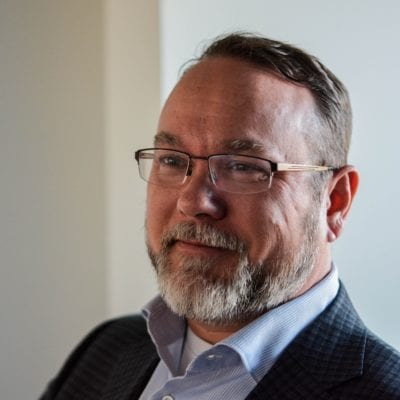
Gregor Purdy is an experienced leader of technology organizations from startups to major brands. He built and led teams through major re-engineering efforts at Apple and Amazon. He is also a mentor and executive coach for entrepreneurs and technologists both directly and via the Technology MBA program at Columbia University. He has authored books and given technical talks at conferences including Apple’s WWDC.
Throughout his career, Gregor has operated at the intersection of business, technology and people — starting early on with consulting work in enterprise data warehousing and business intelligence, later through product development and leadership roles and now as an advisor and executive coach. In his current work, Gregor leverages learnings from these experiences to provide strategic guidance to advisory clients, and to inform the design and delivery of his leadership development tools and workshops.
